OP: “Same Blue” by Official HIGE DANdism
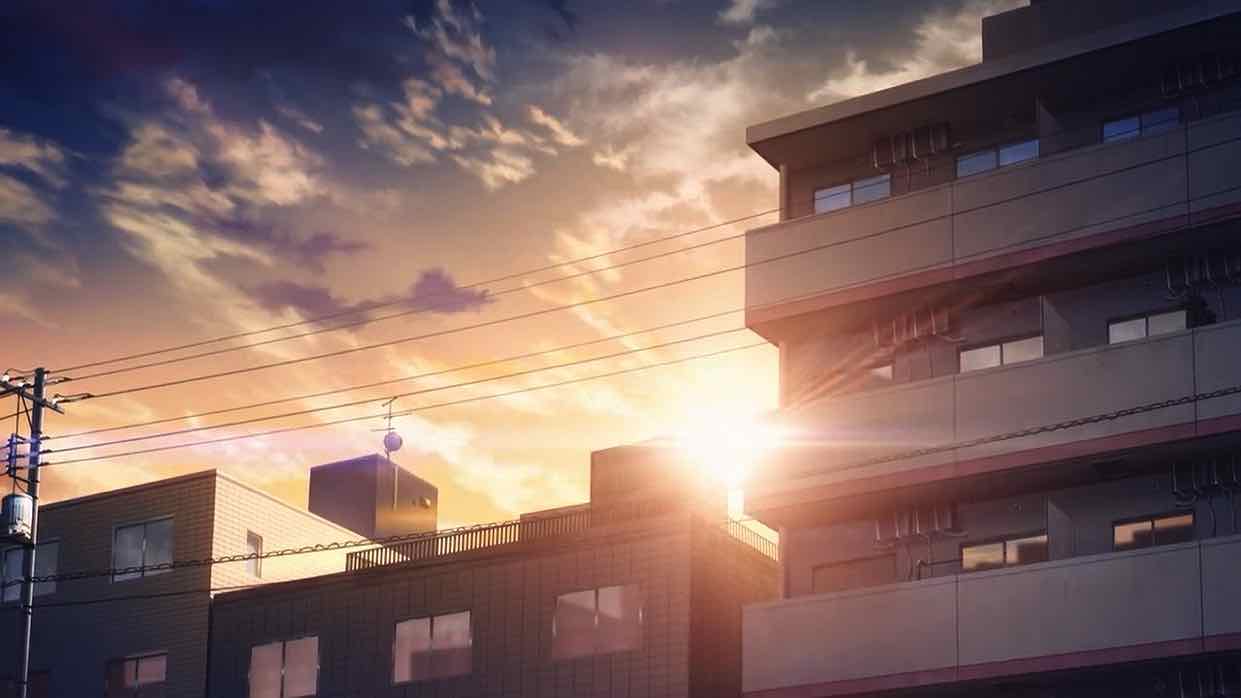 As with Dandadan, here’s another adaptation of a manga I’ve followed from the very first chapter. The similarities pretty much end there (though volume sales do run pretty close). Samu and I did podcast episode on this one a while back, and as with Dandadan there was never any question Ao no Hako was going to get an anime. The manga has been a big success from the first volume (it has the added bonus of running in Weekly Shounen Jump) and that’s a guarantee of an anime if ever one existed.
As with Dandadan, here’s another adaptation of a manga I’ve followed from the very first chapter. The similarities pretty much end there (though volume sales do run pretty close). Samu and I did podcast episode on this one a while back, and as with Dandadan there was never any question Ao no Hako was going to get an anime. The manga has been a big success from the first volume (it has the added bonus of running in Weekly Shounen Jump) and that’s a guarantee of an anime if ever one existed.
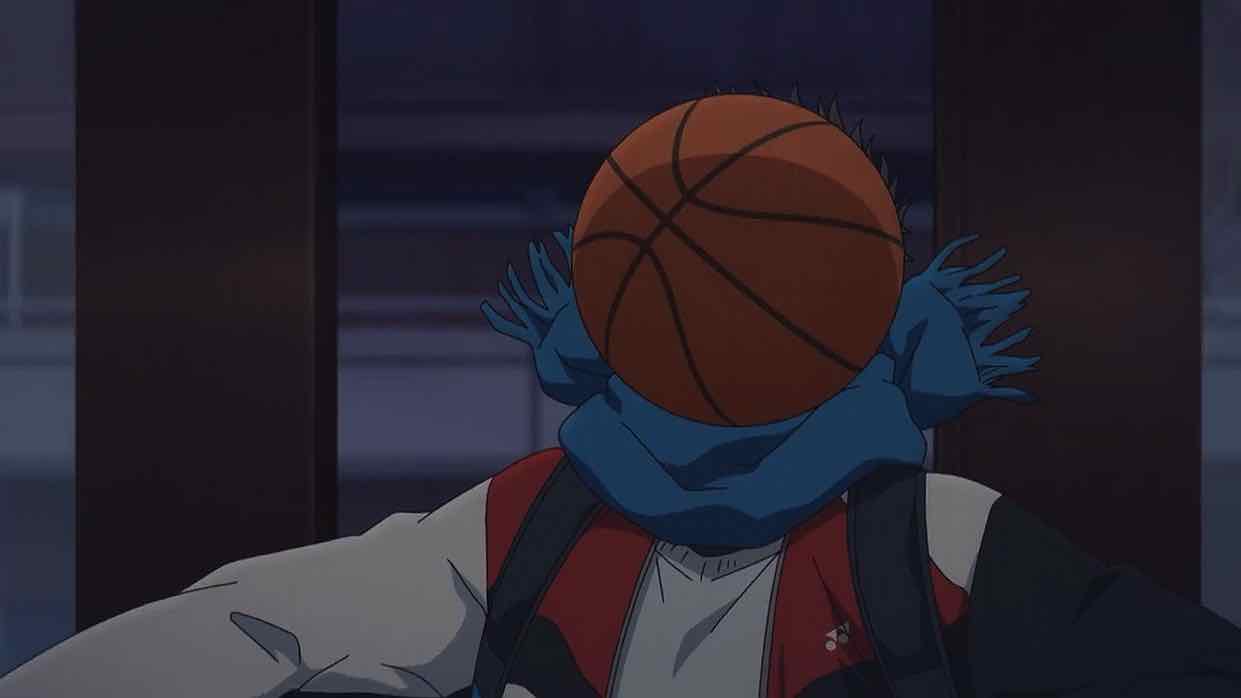 That said, one of the things I quite like about Blue Box is that it doesn’t play like a WSJ romcom. Not that I don’t like a lot of WSJ series but they do tend to be pretty formulaic, especially where romcom is concerned. The tone here is quite different (maybe more Shounen Sunday) – a bit more restrained and bittersweet. Ao no Hako is a sports series too of course – one which balances the two genres about as evenly as it can be done. As a sports romance it naturally draws comparisons to Adachi Mitsuru. I can totally see it – I totally did see it, right away – but over time those prove more superficial than substantive.
That said, one of the things I quite like about Blue Box is that it doesn’t play like a WSJ romcom. Not that I don’t like a lot of WSJ series but they do tend to be pretty formulaic, especially where romcom is concerned. The tone here is quite different (maybe more Shounen Sunday) – a bit more restrained and bittersweet. Ao no Hako is a sports series too of course – one which balances the two genres about as evenly as it can be done. As a sports romance it naturally draws comparisons to Adachi Mitsuru. I can totally see it – I totally did see it, right away – but over time those prove more superficial than substantive.
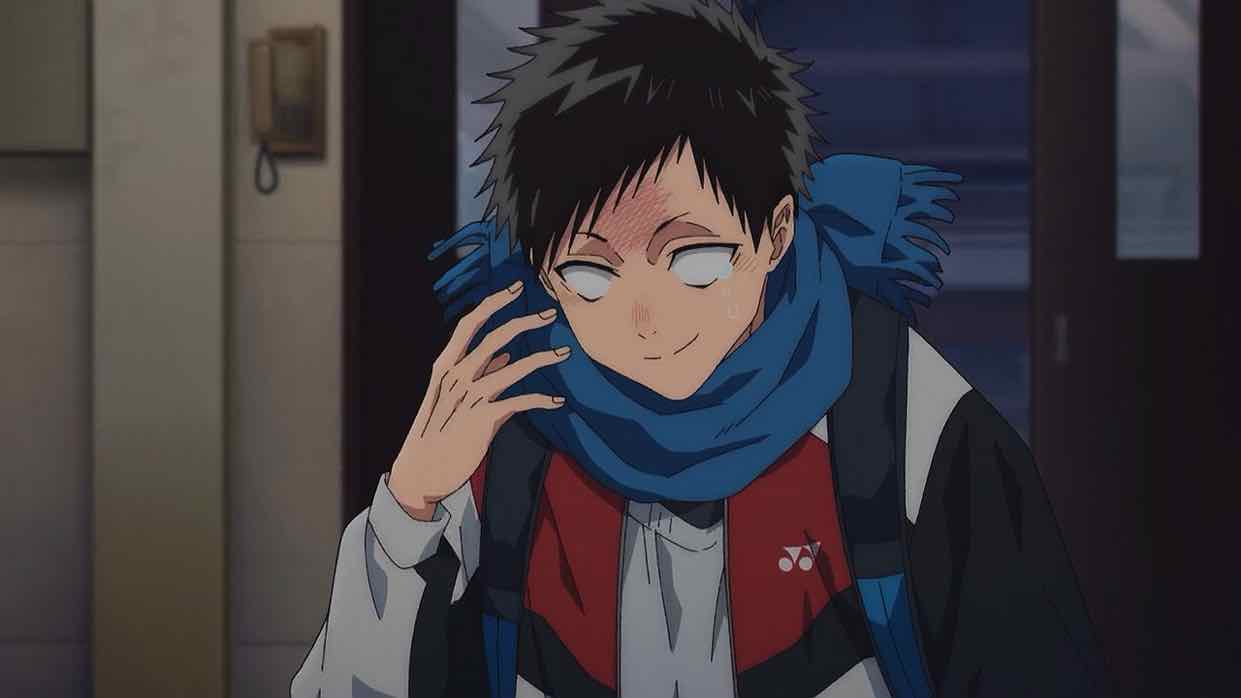 Make no mistake, the strength of this series is the power couple at the heart of it. He’s Inomata Taiki (Chiba Shouya), a first-year high schooler working on making the badminton team. She’s Kano Chinatsu (Ueda Reina), a year ahead of him and the star of the basketball team. Taiki has loved her from afar ever since witnessing her powering through her tears at retiring from the middle school team by training in the gym. They have a connection – they’re the first two to arrive at that gym for self-practice every morning – but never talked much. In fact Taiki is quite certain Chinatsu has no idea what his name is.
Make no mistake, the strength of this series is the power couple at the heart of it. He’s Inomata Taiki (Chiba Shouya), a first-year high schooler working on making the badminton team. She’s Kano Chinatsu (Ueda Reina), a year ahead of him and the star of the basketball team. Taiki has loved her from afar ever since witnessing her powering through her tears at retiring from the middle school team by training in the gym. They have a connection – they’re the first two to arrive at that gym for self-practice every morning – but never talked much. In fact Taiki is quite certain Chinatsu has no idea what his name is.
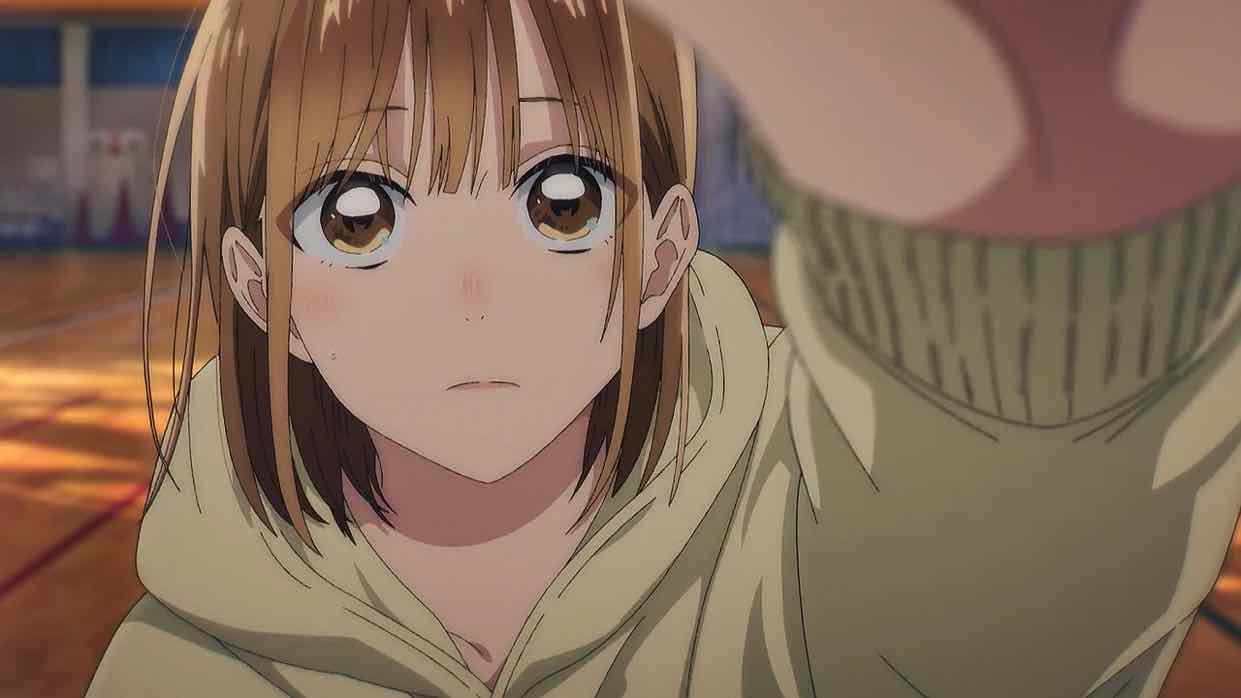 One of the things I like about this pairing – and there are a lot – is that it’s their shared dedication and passion that initially brought them together. Taiki believes himself beneath Chinatsu’s worldview but she’s noticed him and the work he puts in. Sports fans will know the term “grinder”, and Taiki is a grinder. In badminton, and in romance. He has no shortcuts or power moves – all he can do is stick with it and work harder than anyone else. As it turns out there’s another thing linking the two (and soon very directly) – their moms were teammates on the Eimei High School (where they both now attend) basketball team. But as with Chinatsu’s awareness of him, Taiki knows nothing of that.
One of the things I like about this pairing – and there are a lot – is that it’s their shared dedication and passion that initially brought them together. Taiki believes himself beneath Chinatsu’s worldview but she’s noticed him and the work he puts in. Sports fans will know the term “grinder”, and Taiki is a grinder. In badminton, and in romance. He has no shortcuts or power moves – all he can do is stick with it and work harder than anyone else. As it turns out there’s another thing linking the two (and soon very directly) – their moms were teammates on the Eimei High School (where they both now attend) basketball team. But as with Chinatsu’s awareness of him, Taiki knows nothing of that.
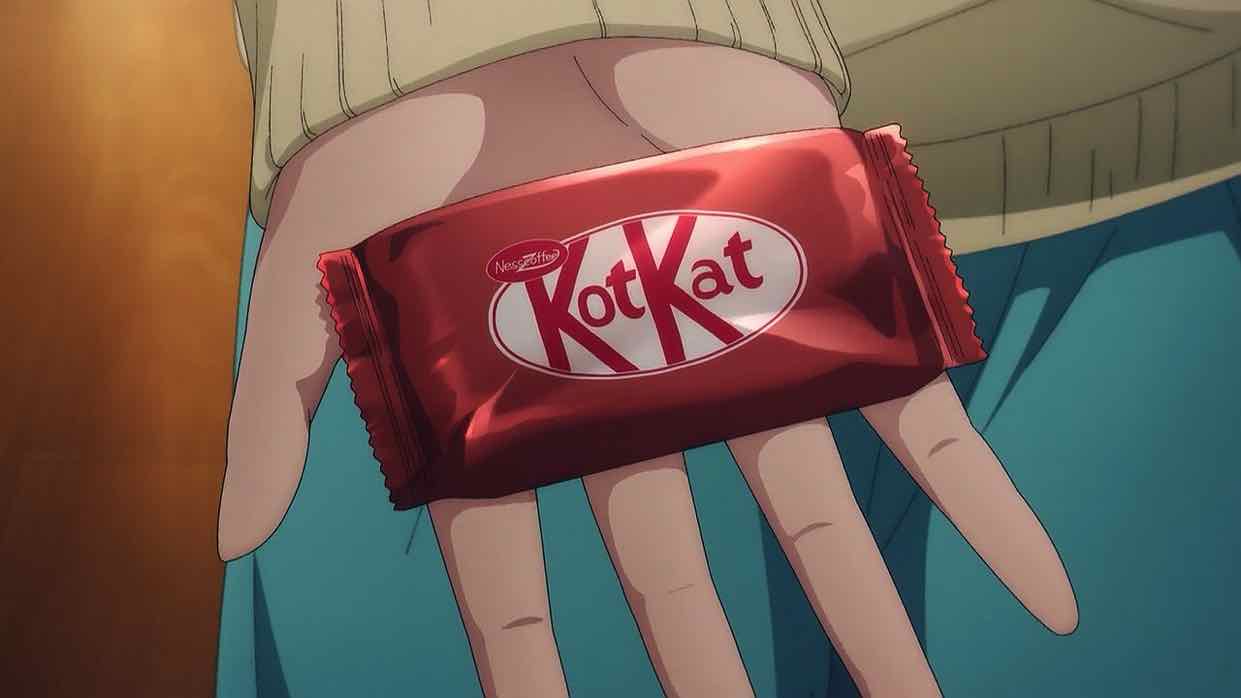 There are other figures introduced here. Kyou (Kobayashi Chikai) is Taiki’s best bud on the badminton team, a blunt-spoken lad. Chouno Hina (Kitou Akari) is his childhood friend. She’s a member of the rhythmic gymnastics team and enjoys taking the piss with Taiki (she’s also my biggest single problem with Blue Box, though you’ll have to listen to the spoiler section of the podcast if you want to know why). And there are others to come, too. But Chinatsu and Taiki are the reason to punch your ticket as far as I’m concerned. And a damn good one, too.
There are other figures introduced here. Kyou (Kobayashi Chikai) is Taiki’s best bud on the badminton team, a blunt-spoken lad. Chouno Hina (Kitou Akari) is his childhood friend. She’s a member of the rhythmic gymnastics team and enjoys taking the piss with Taiki (she’s also my biggest single problem with Blue Box, though you’ll have to listen to the spoiler section of the podcast if you want to know why). And there are others to come, too. But Chinatsu and Taiki are the reason to punch your ticket as far as I’m concerned. And a damn good one, too.
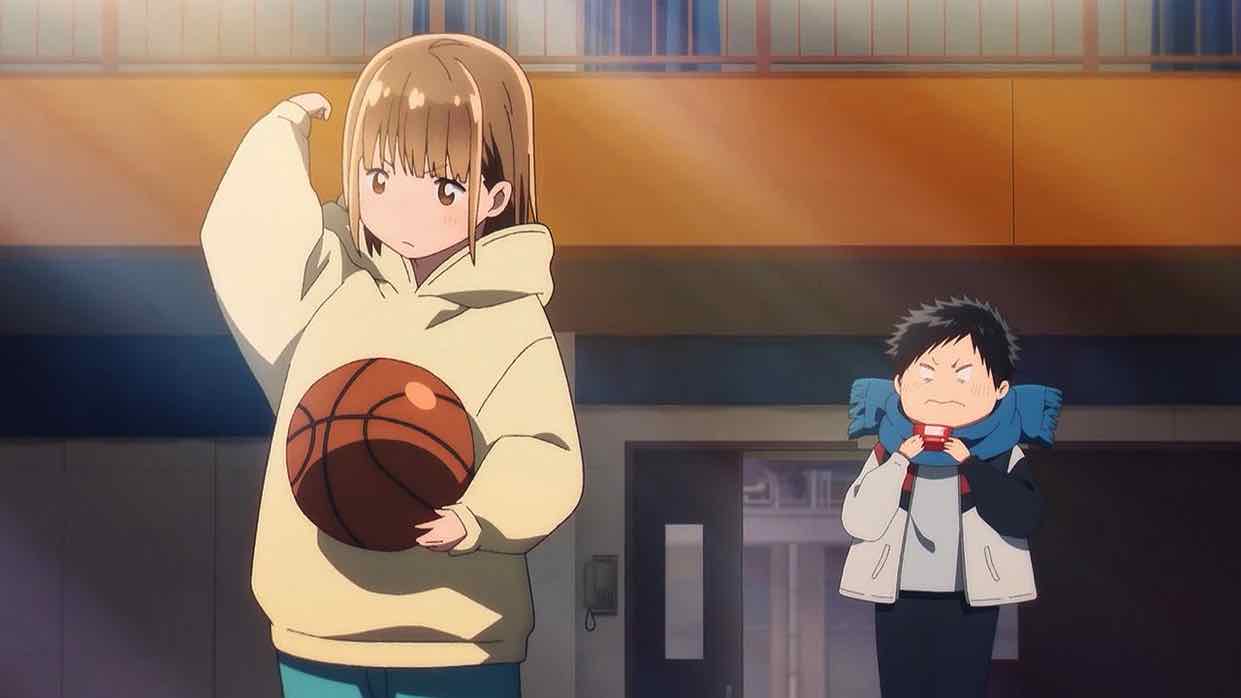 In contrast to Dandadan, Ao no Hako isn’t really a series which needs a ton of flash to work as an adaptation. Telecom Animation Film is not a top-end studio but they’re delivering just fine so far. The look of the series is extremely faithful to the manga, and director Yano Yuuichirou is extremely experienced and unlikely to make any glaring mistakes. We haven’t seen the animation tested on the sports side much – basketball less so, but badminton (if you haven’t figured it out, it’s a lot more popular in Japan than in most of the West) is a sport that can be pretty tough to animate. But the manga is a big enough seller to where the budget should be decent. Indeed, the overall look of the series is pretty, and the most lavish part is the OP by Wit.
In contrast to Dandadan, Ao no Hako isn’t really a series which needs a ton of flash to work as an adaptation. Telecom Animation Film is not a top-end studio but they’re delivering just fine so far. The look of the series is extremely faithful to the manga, and director Yano Yuuichirou is extremely experienced and unlikely to make any glaring mistakes. We haven’t seen the animation tested on the sports side much – basketball less so, but badminton (if you haven’t figured it out, it’s a lot more popular in Japan than in most of the West) is a sport that can be pretty tough to animate. But the manga is a big enough seller to where the budget should be decent. Indeed, the overall look of the series is pretty, and the most lavish part is the OP by Wit.
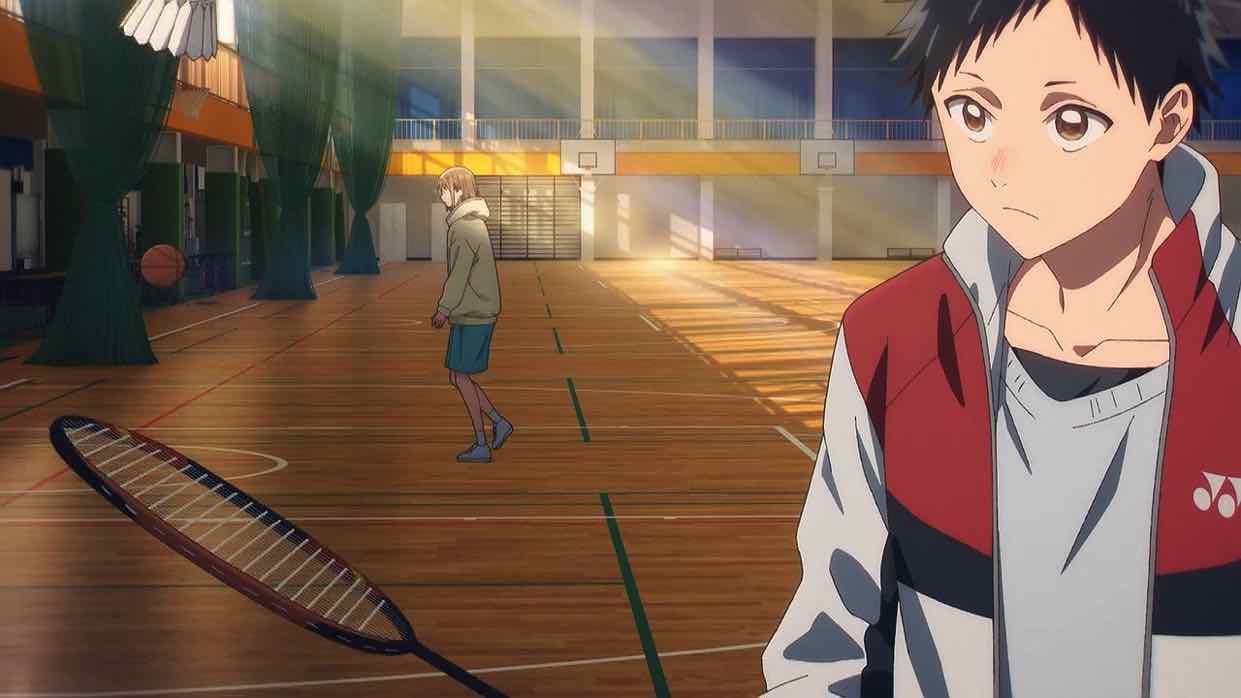 What’s interesting to me is that the anime plays as more “Jump-y” than the manga. The Jump romcom stuff is highlighted a little more – things are a bit “broader” than in the manga. That doesn’t thrill me, but it’s not a huge deal. I don’t want to dig into specifics but it’ll be interesting to see how much of anime boost this series gets compared to stuff like Dandadan and Akanebanashi. While I do downplay the Adachi comparisons I think Ao no Hako is a series that requires a certain level of patience – the characters are kids, and they develop and change a lot but it takes time (and that’s not something the anime is likely to tweak much).
What’s interesting to me is that the anime plays as more “Jump-y” than the manga. The Jump romcom stuff is highlighted a little more – things are a bit “broader” than in the manga. That doesn’t thrill me, but it’s not a huge deal. I don’t want to dig into specifics but it’ll be interesting to see how much of anime boost this series gets compared to stuff like Dandadan and Akanebanashi. While I do downplay the Adachi comparisons I think Ao no Hako is a series that requires a certain level of patience – the characters are kids, and they develop and change a lot but it takes time (and that’s not something the anime is likely to tweak much).
ED: “Teenage Blue” by Eve


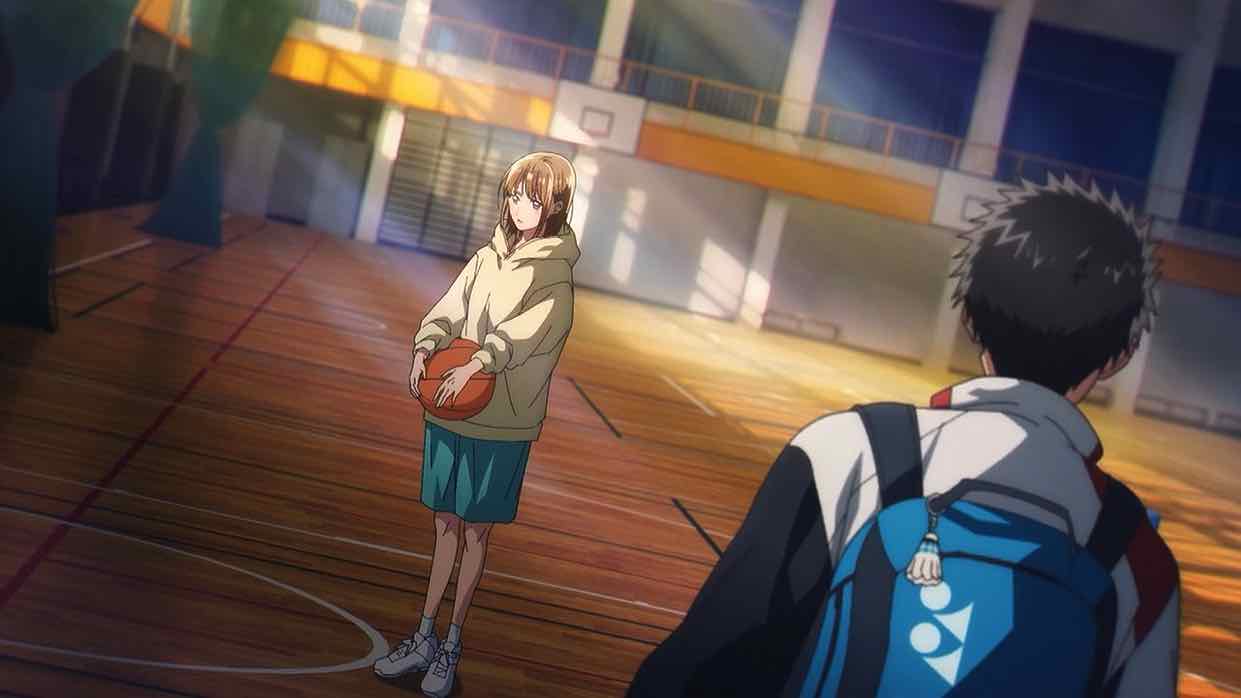
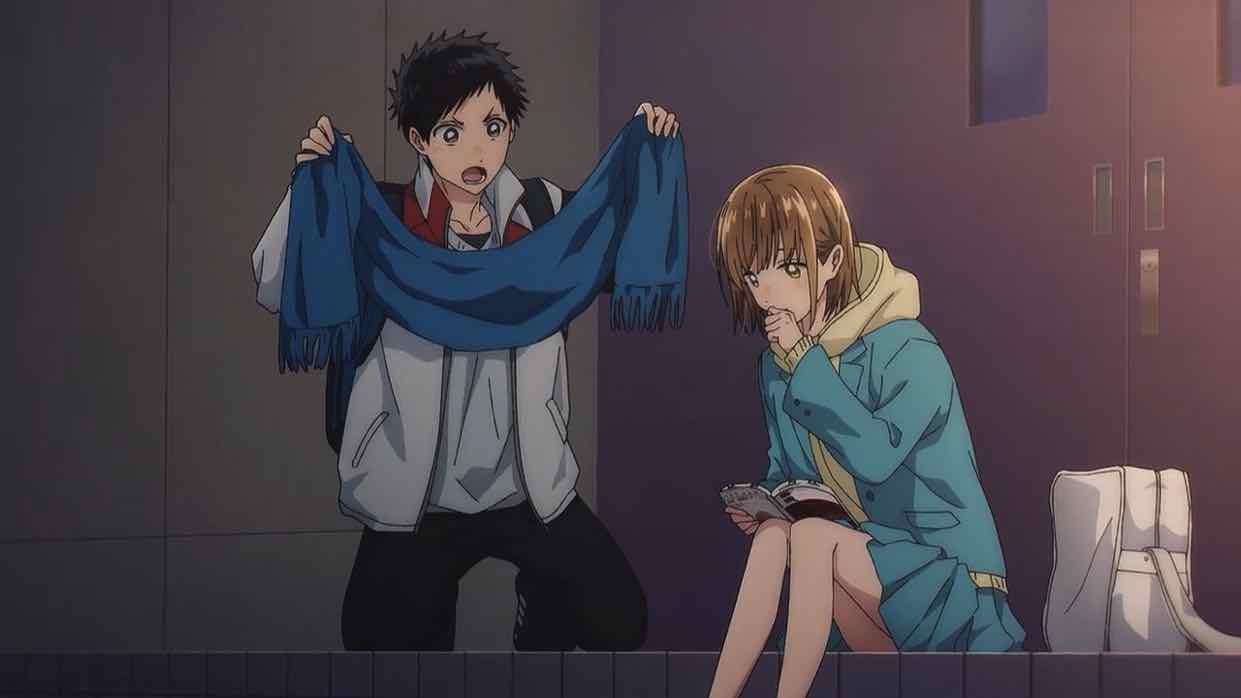
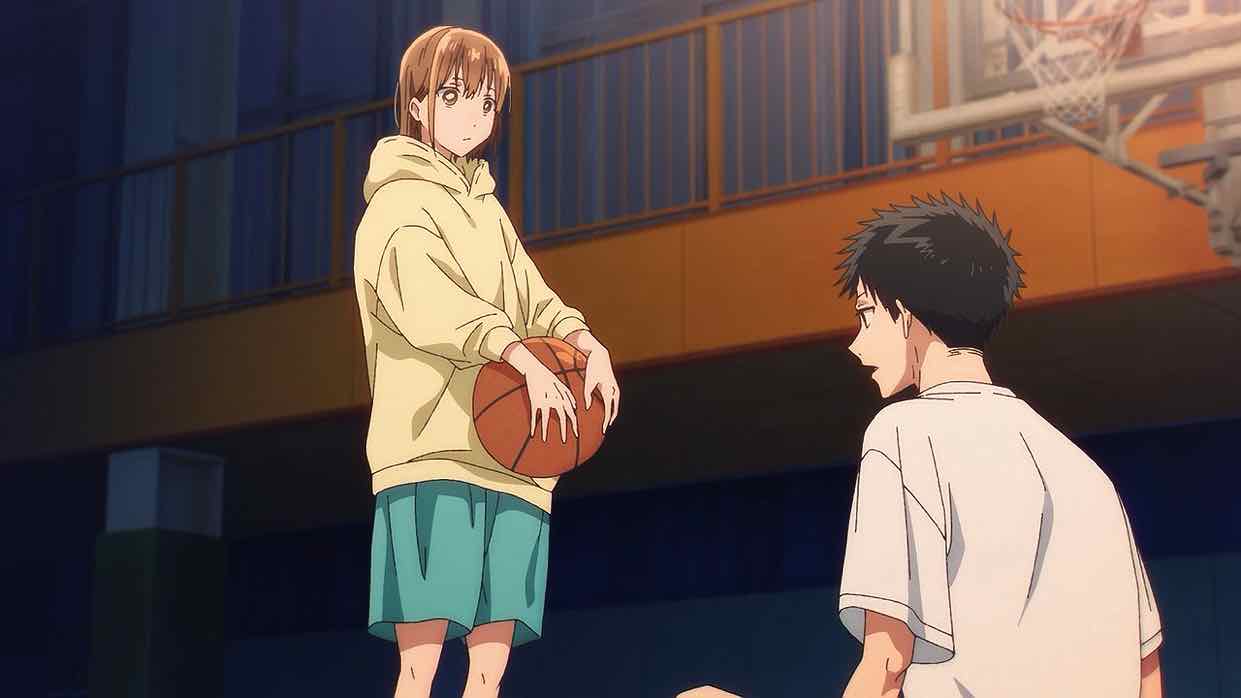
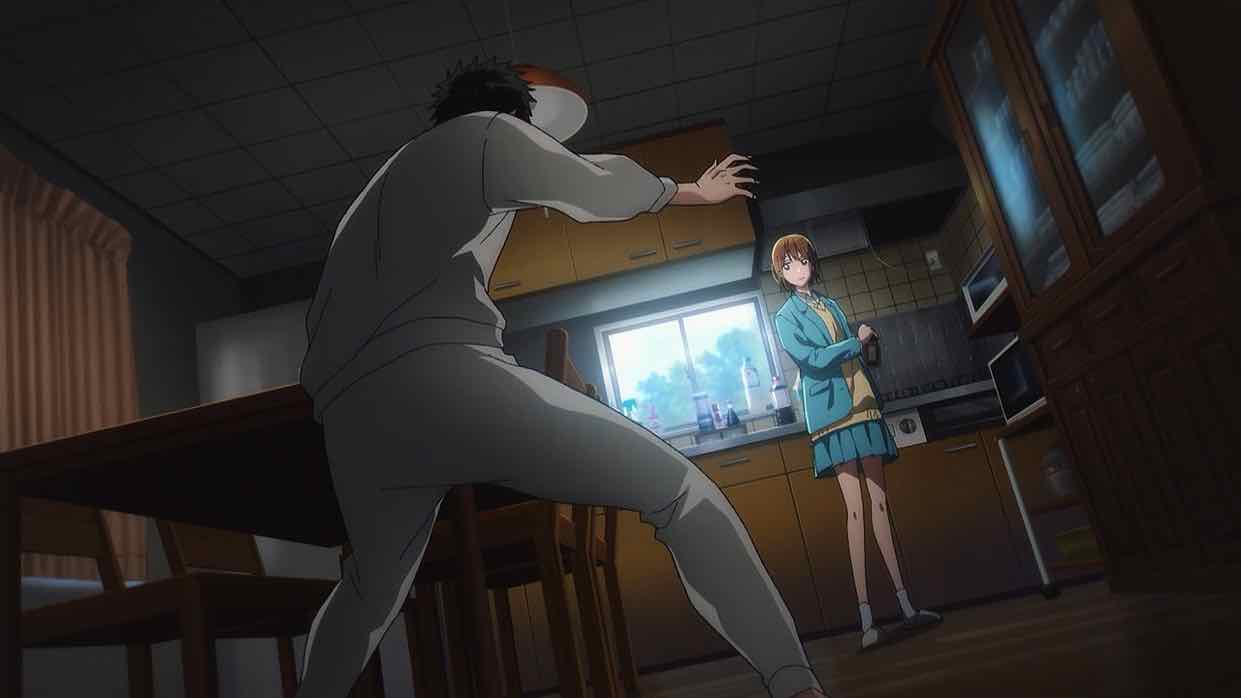
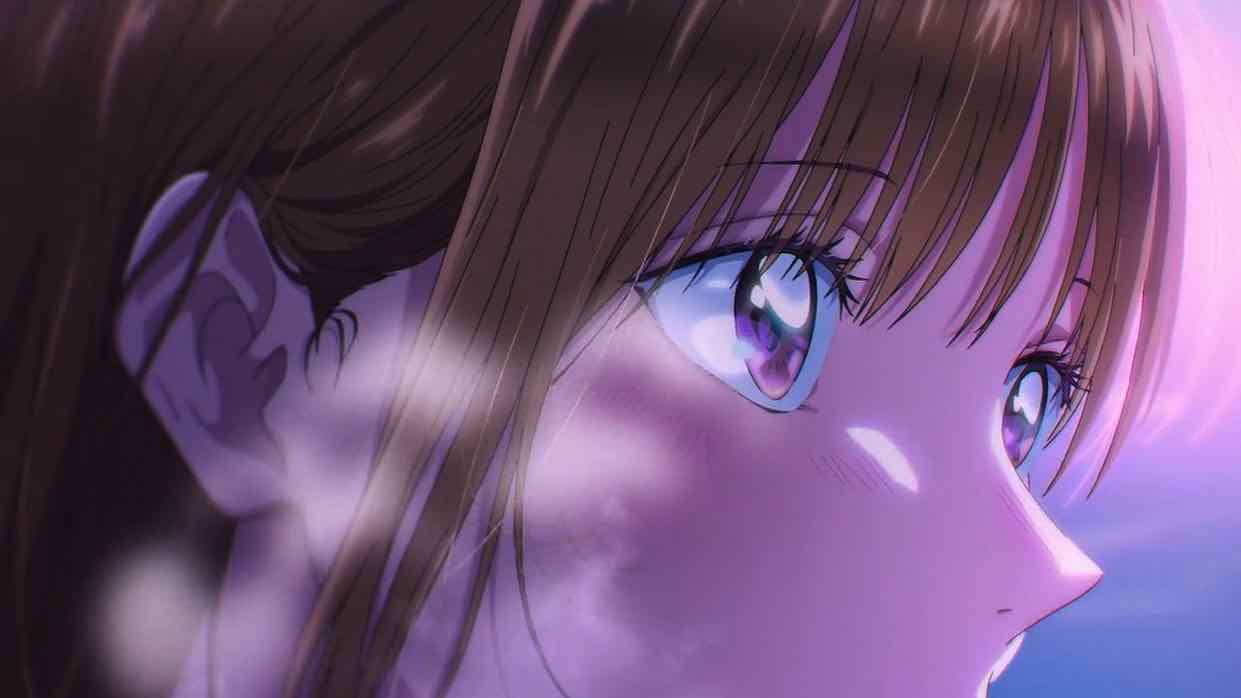
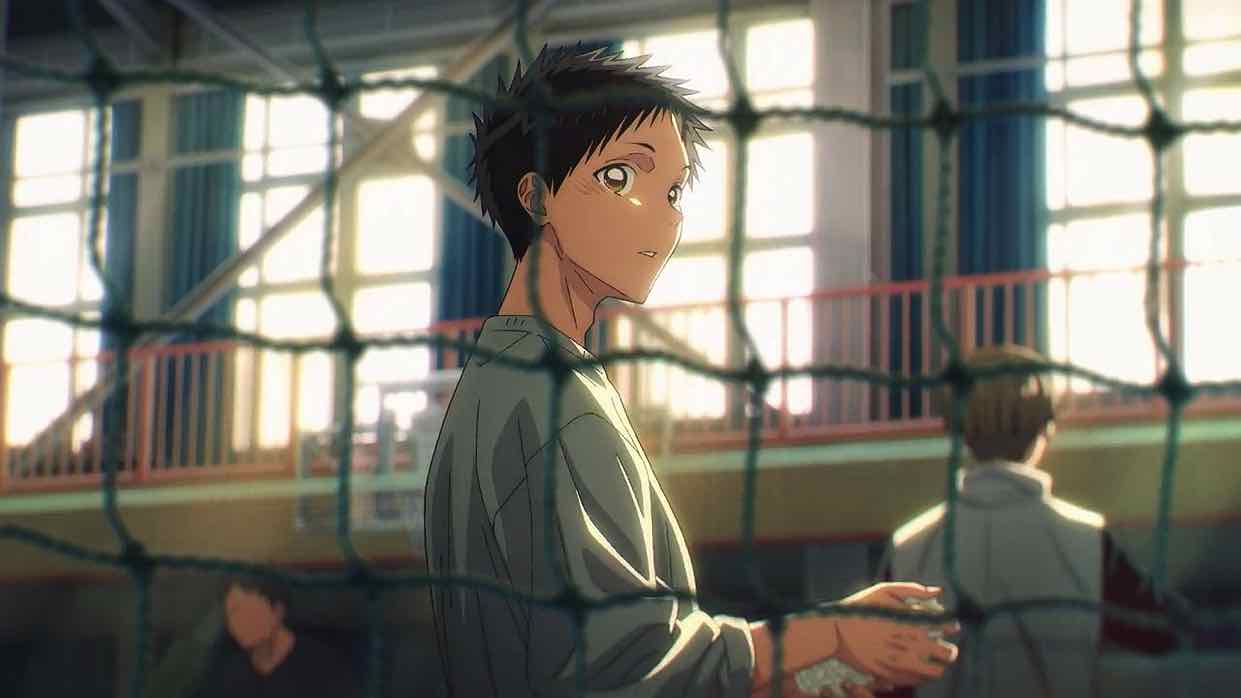
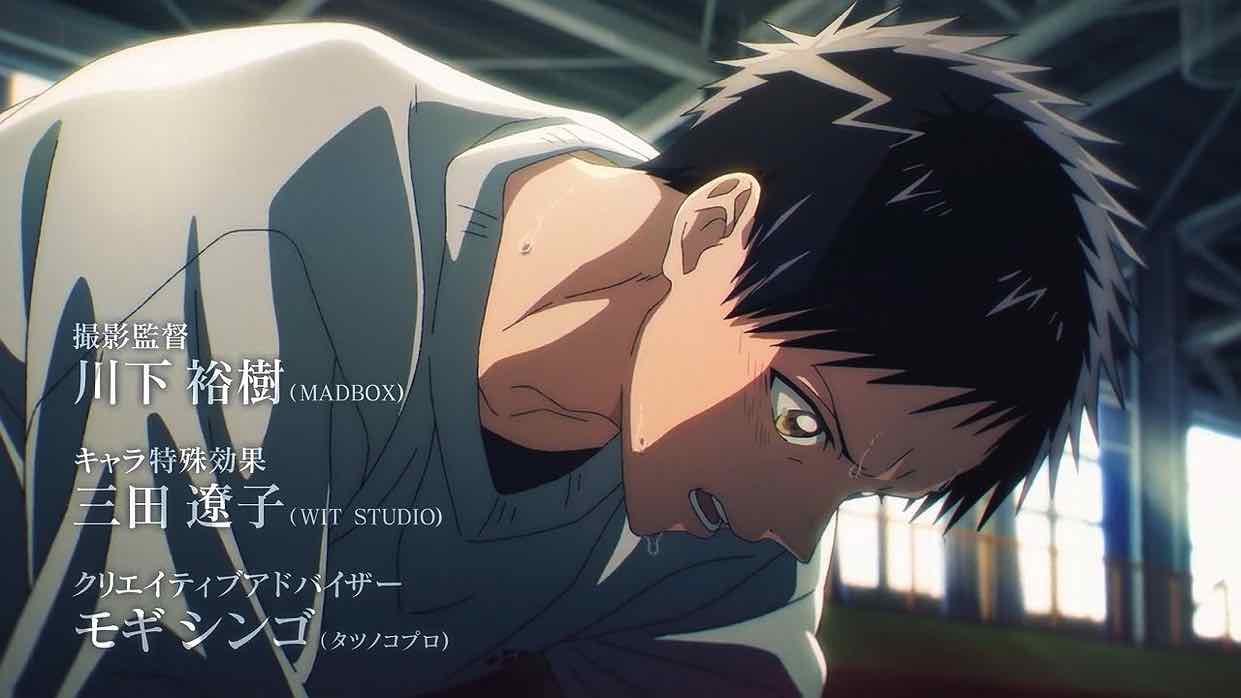
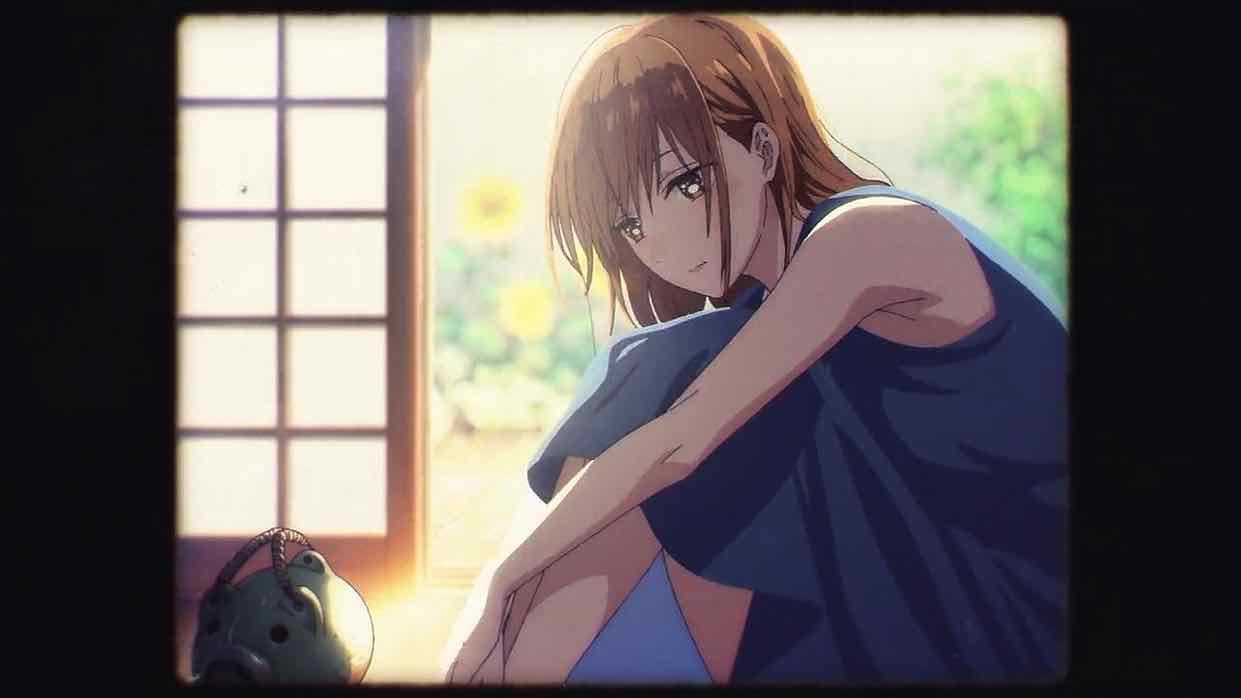
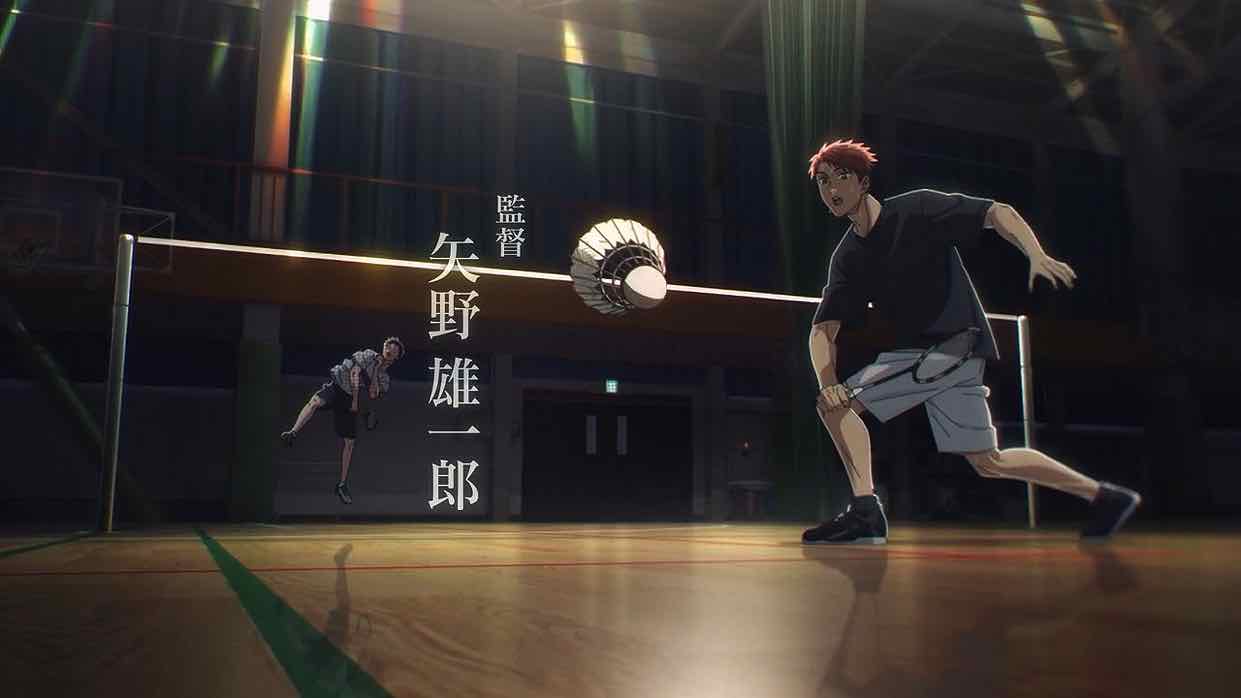
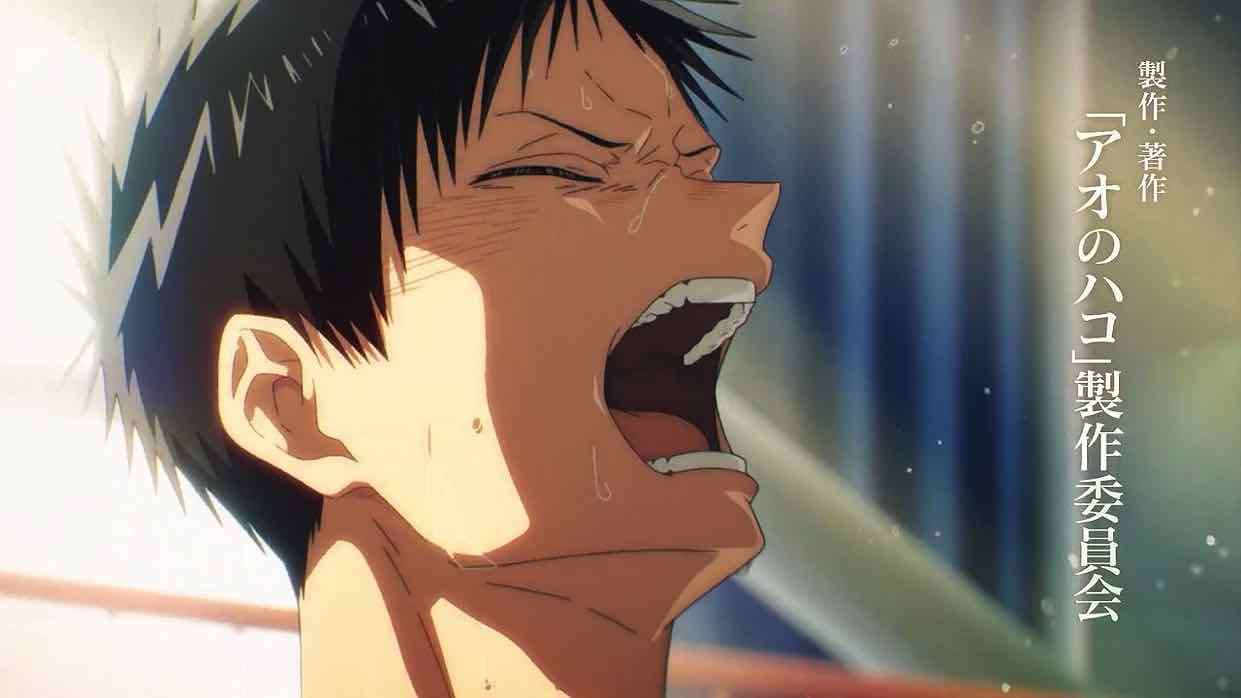
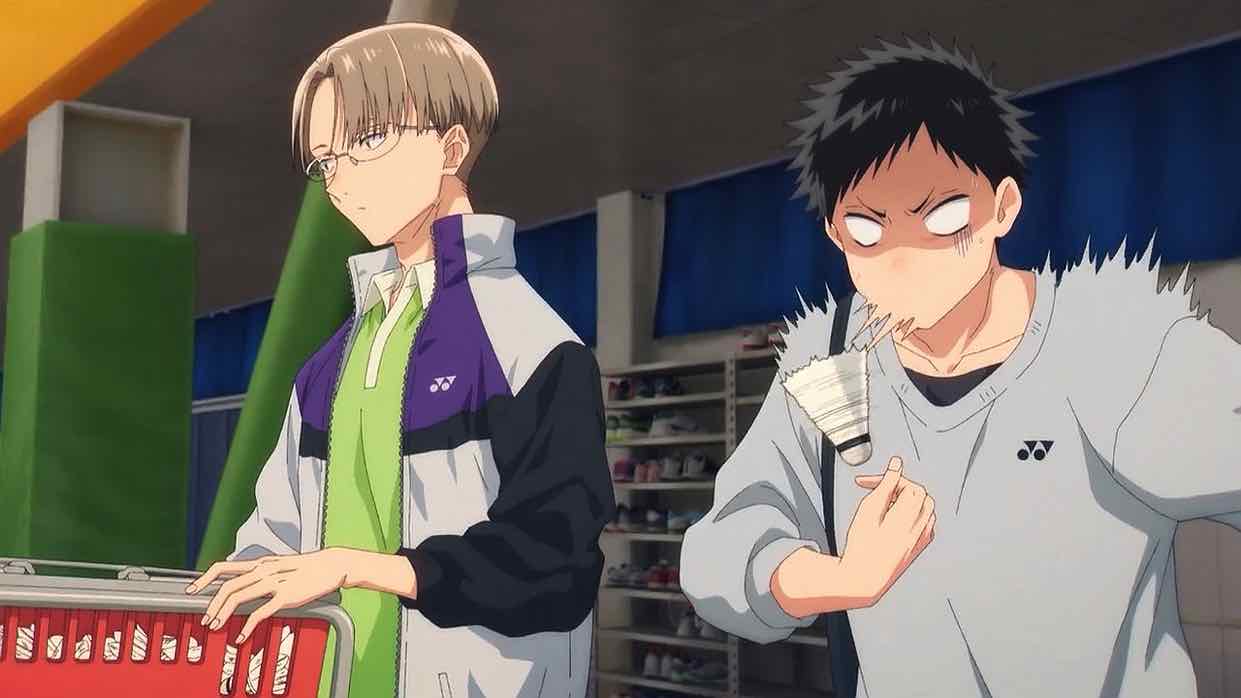
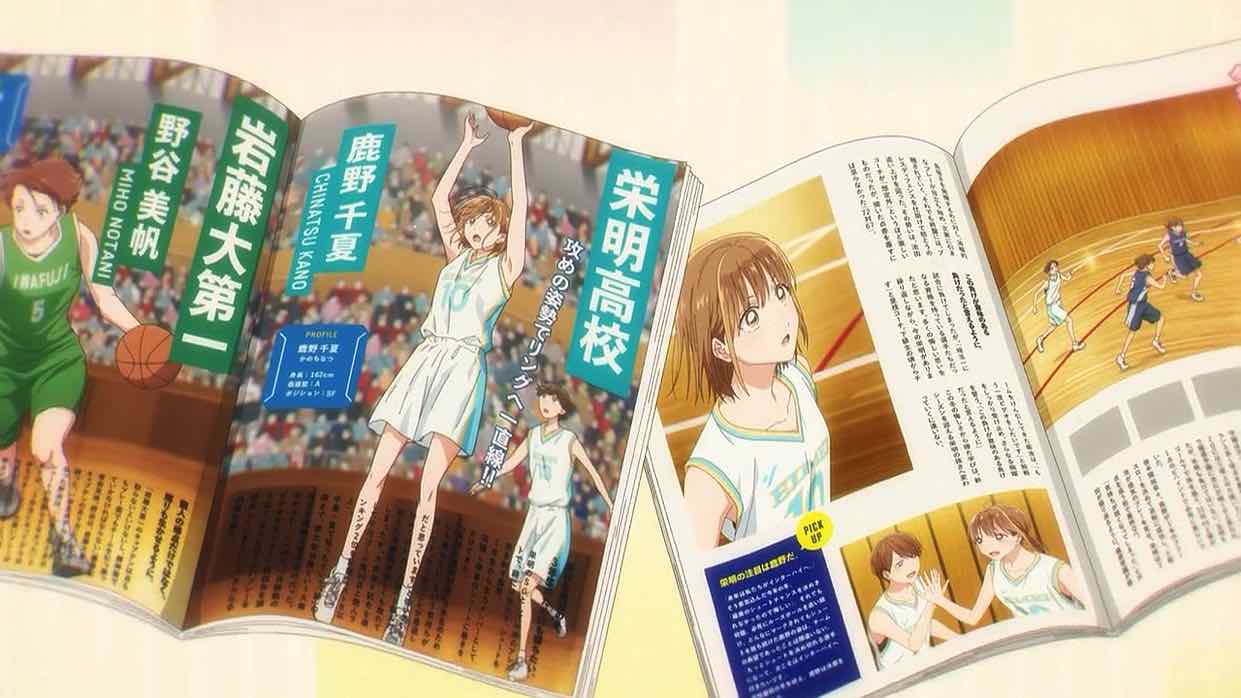
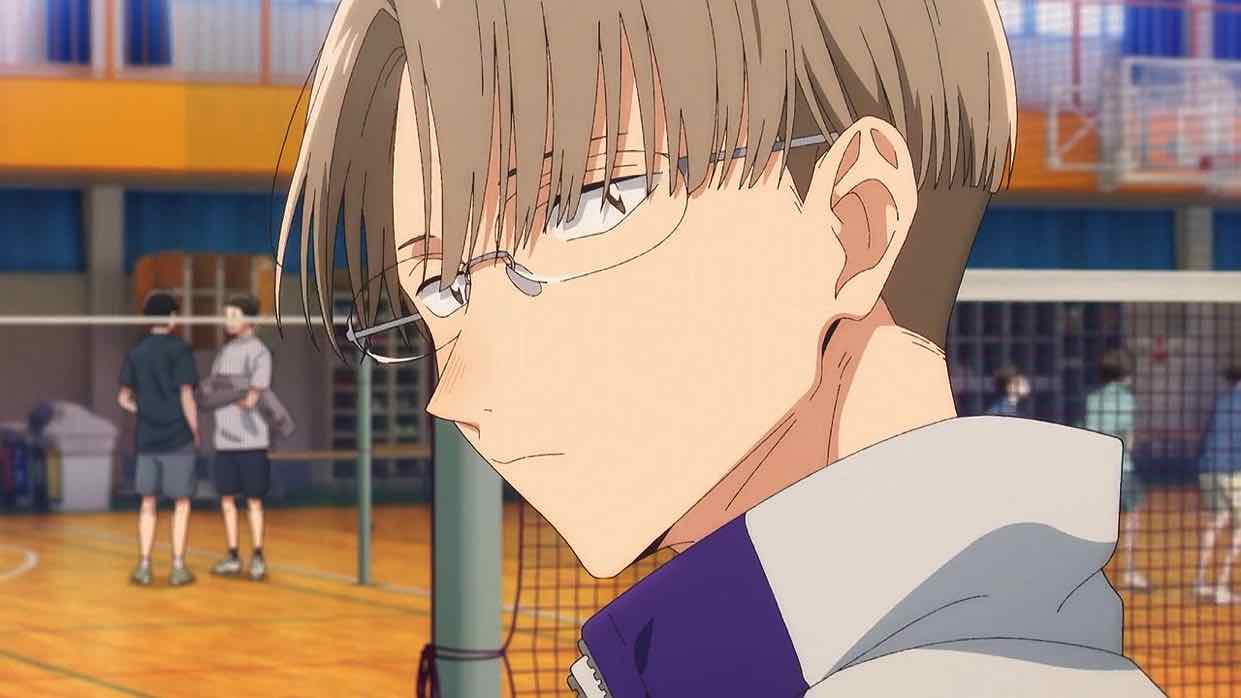
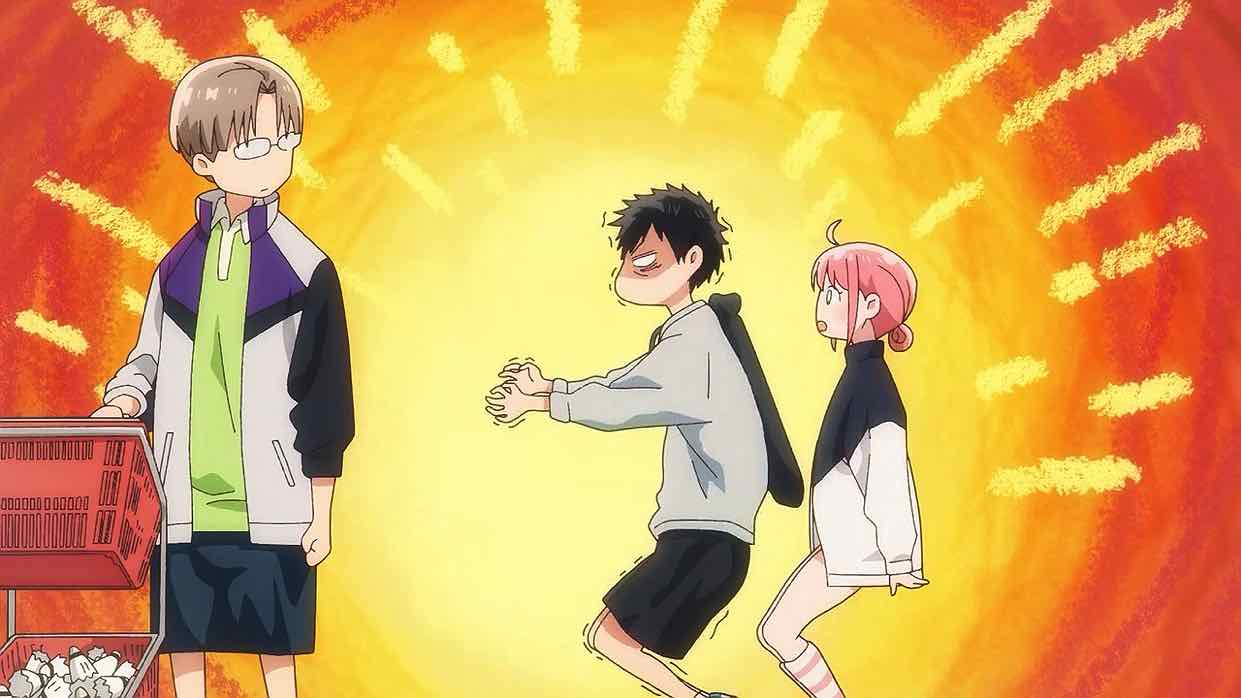
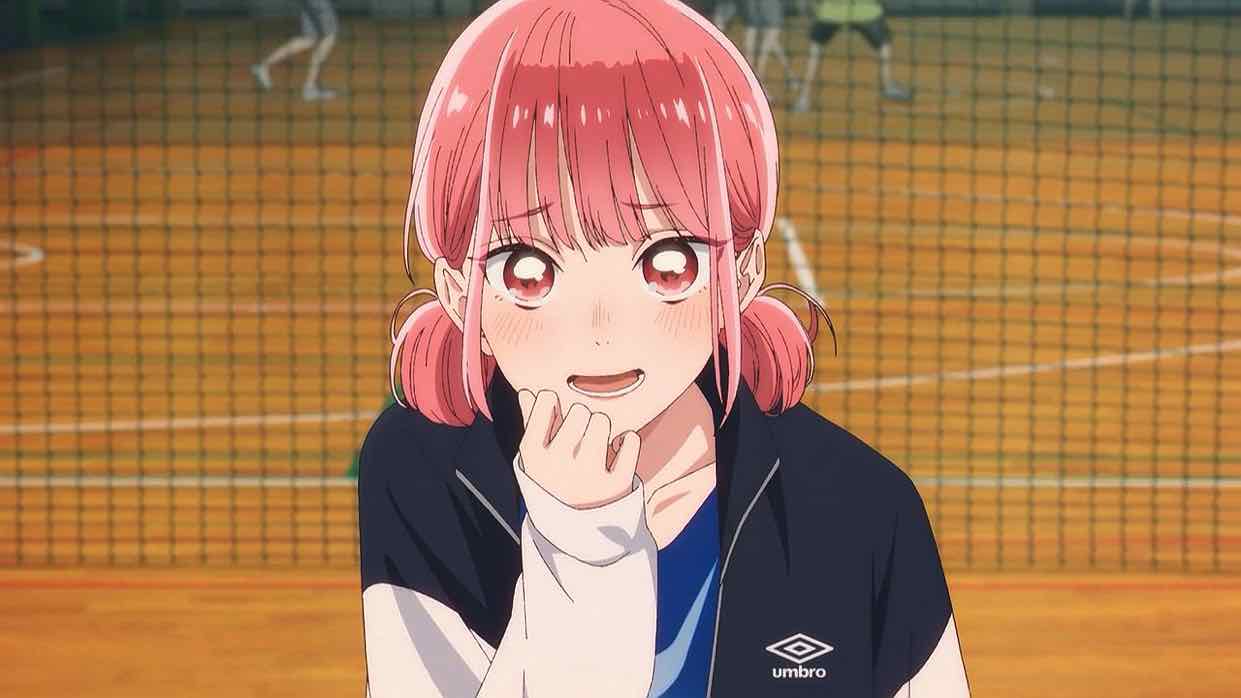
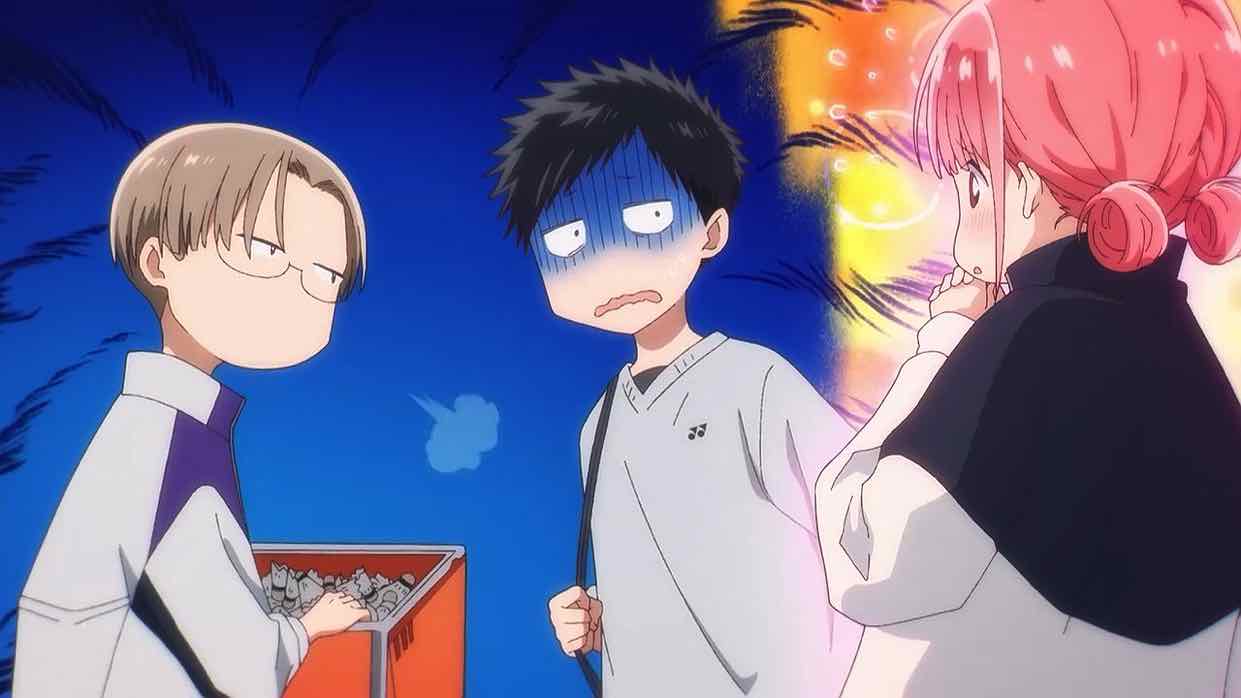
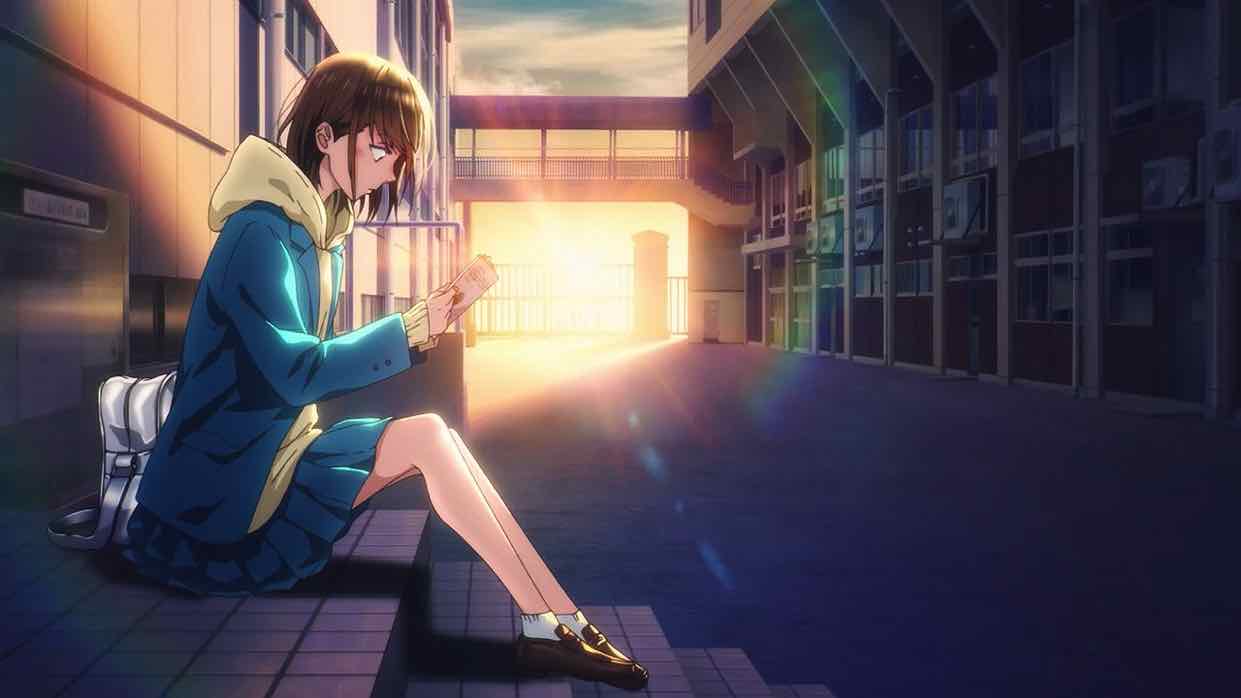
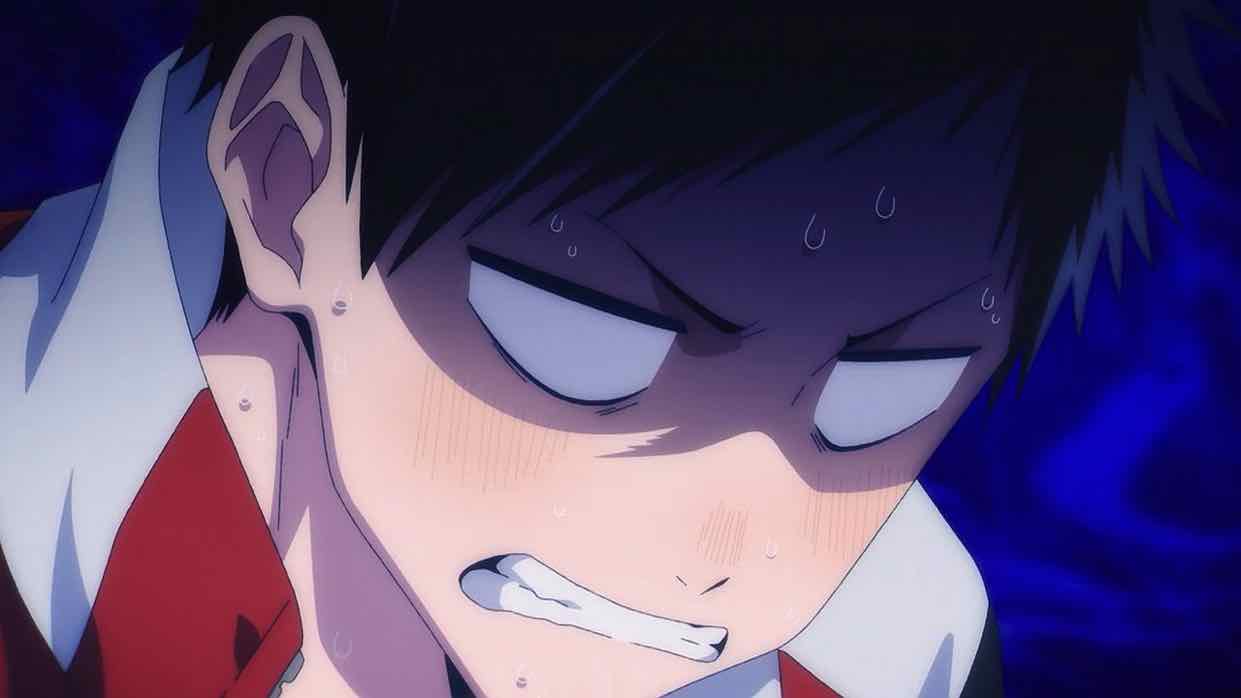
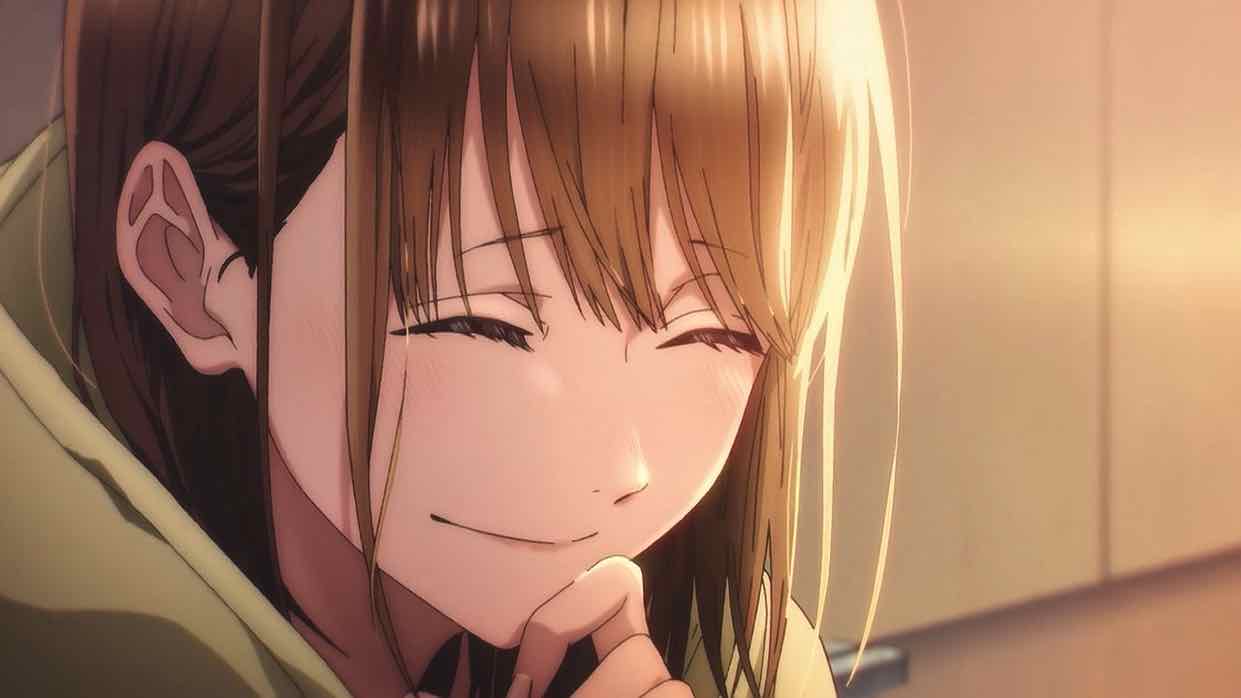
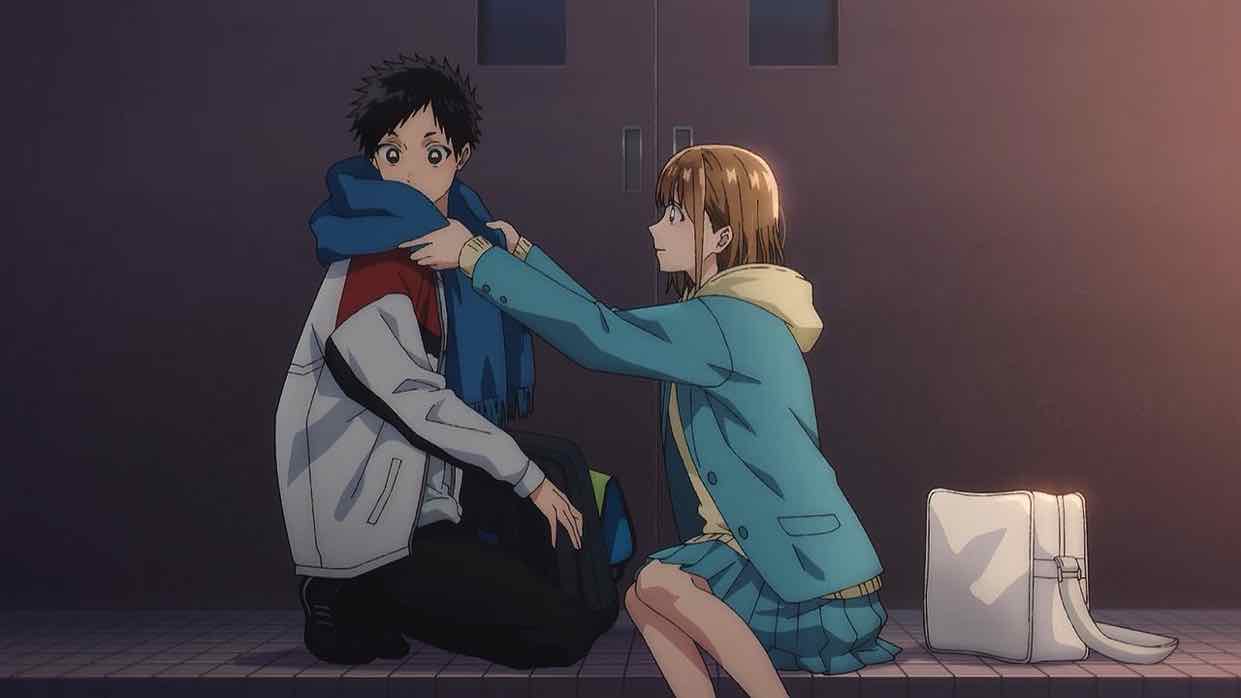
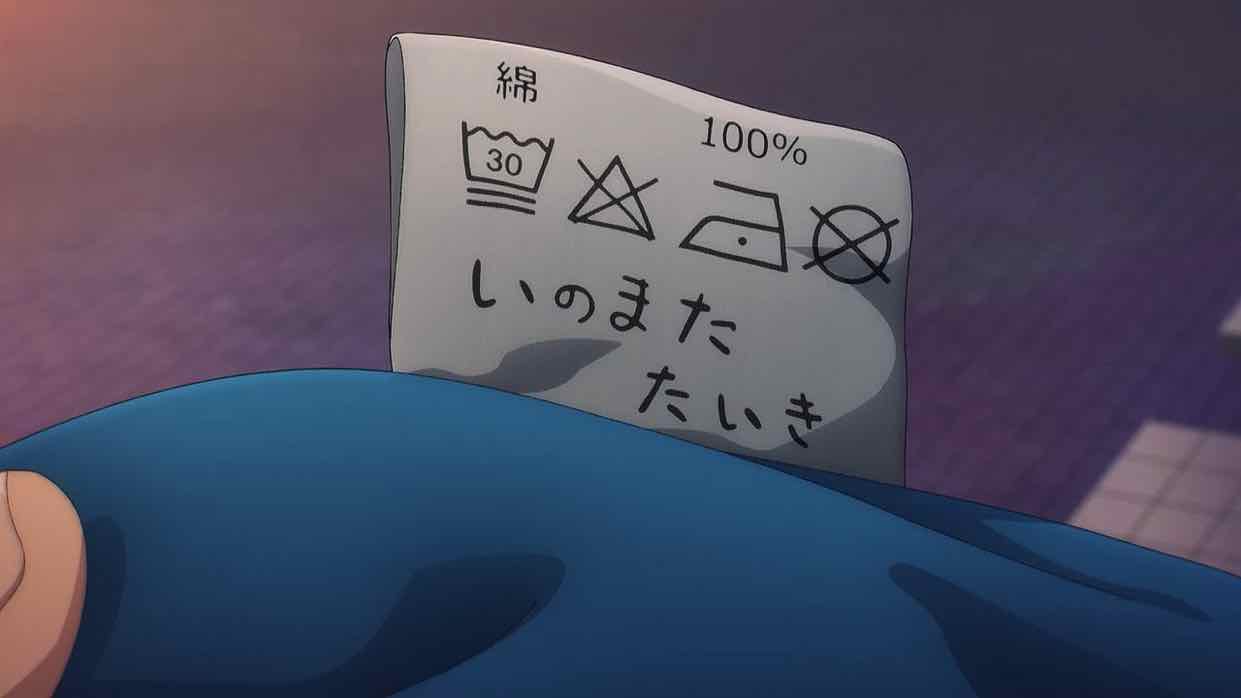
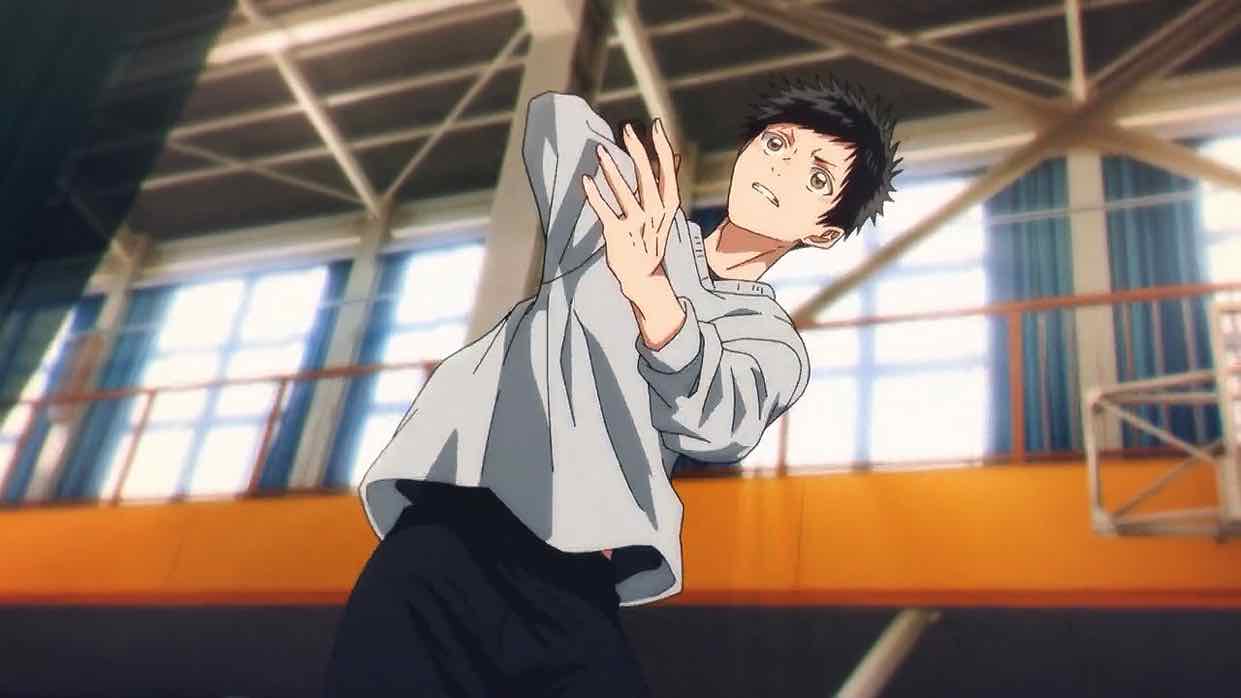
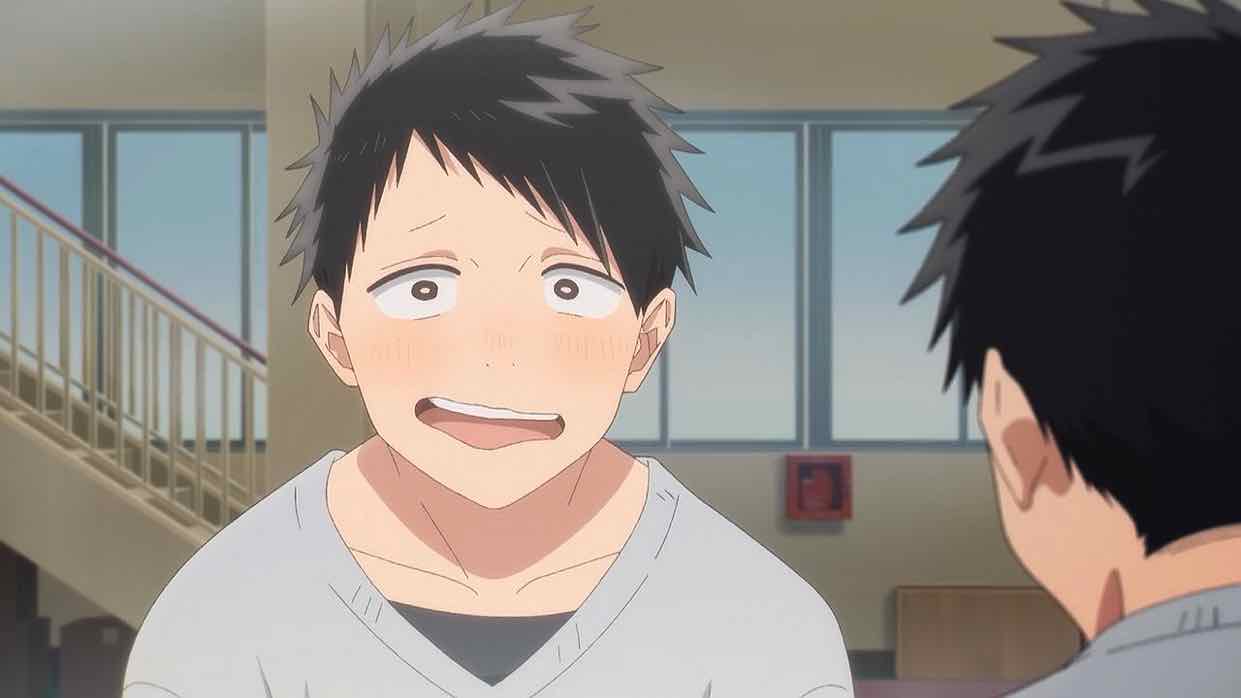
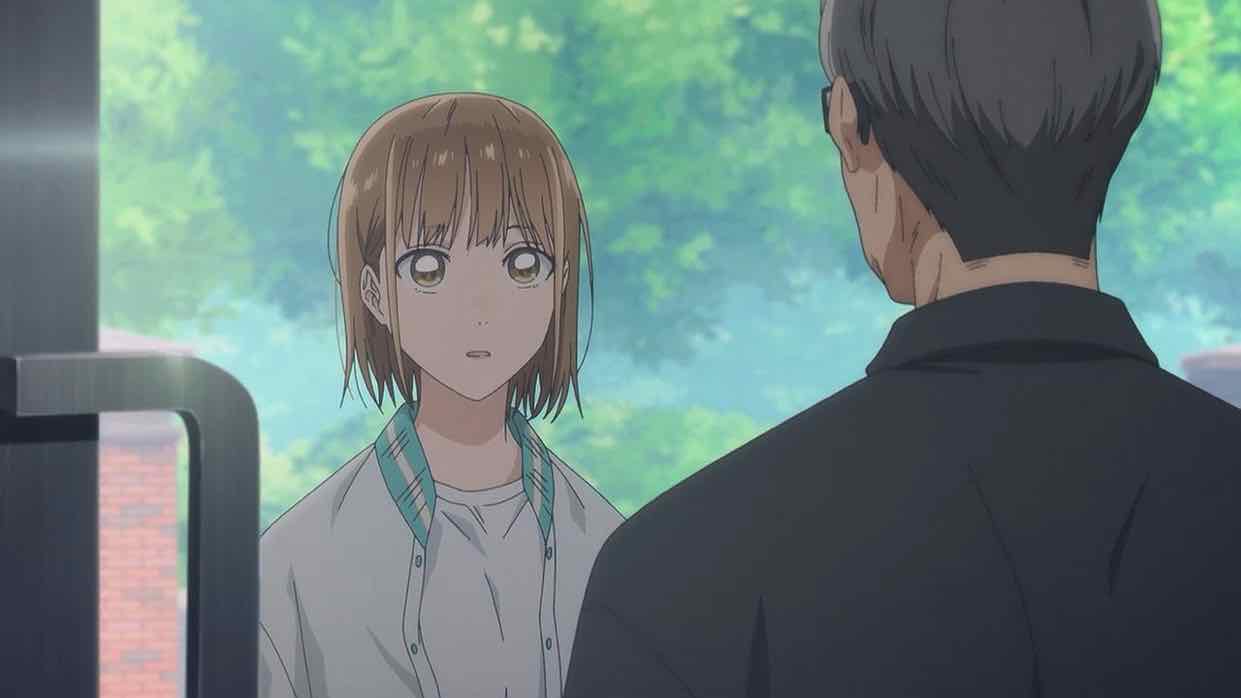
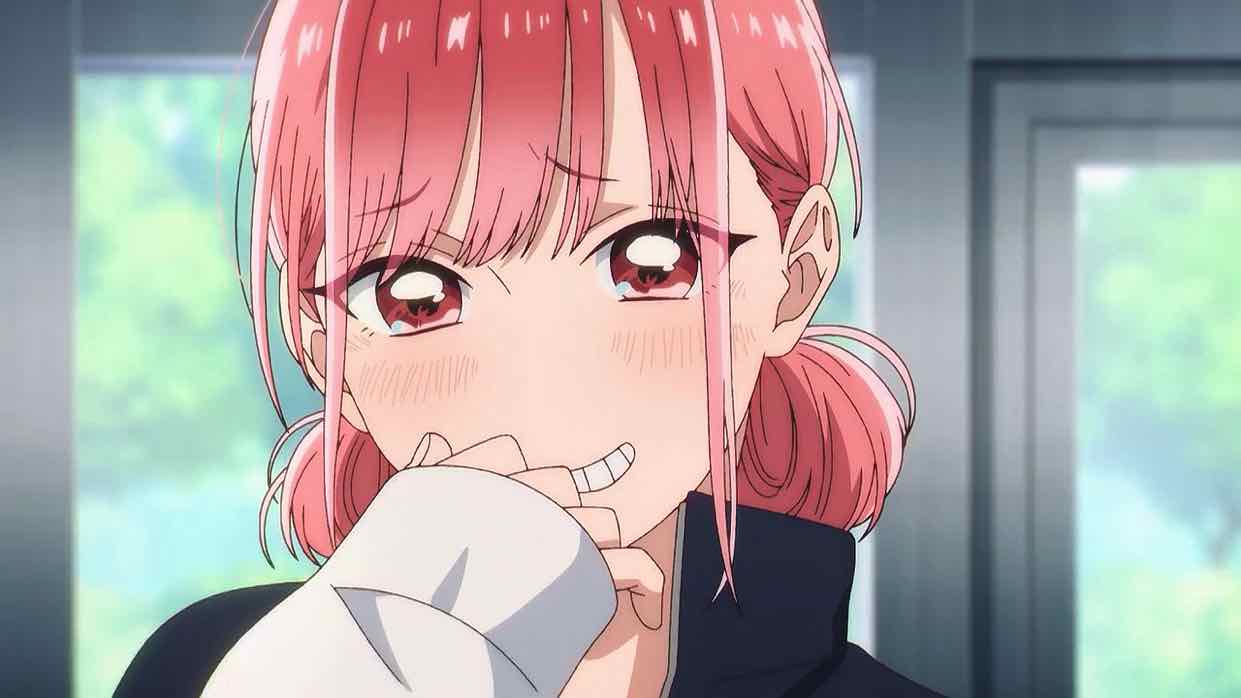
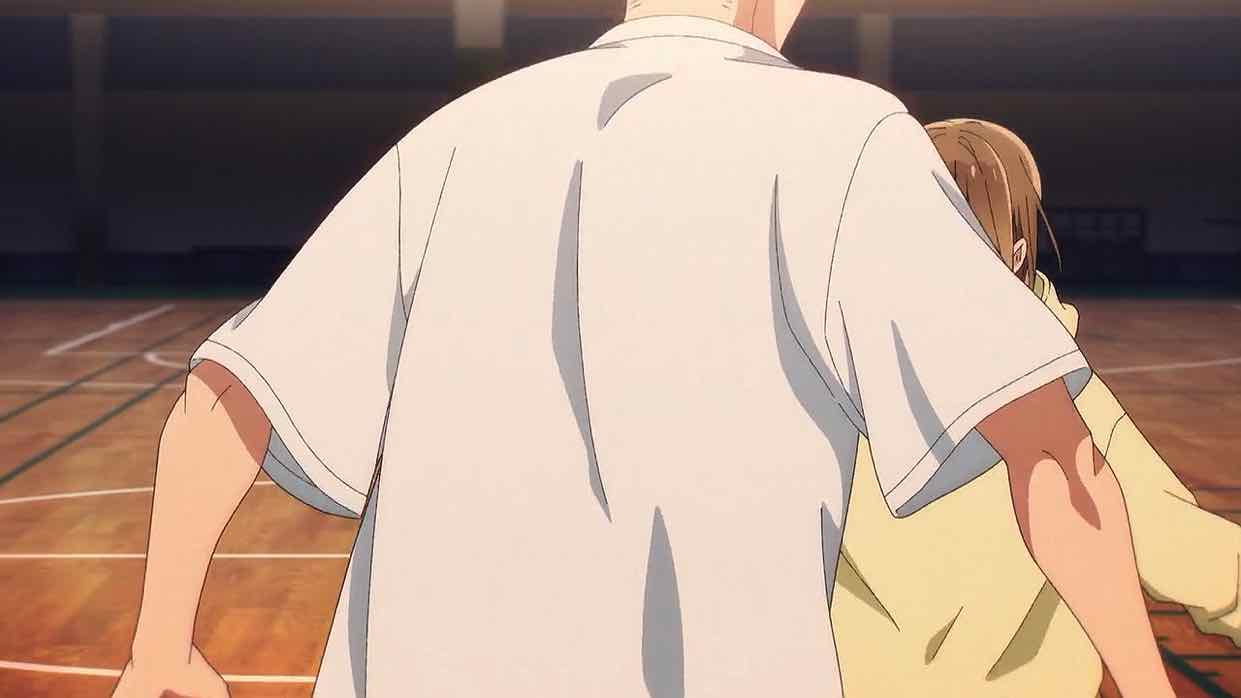
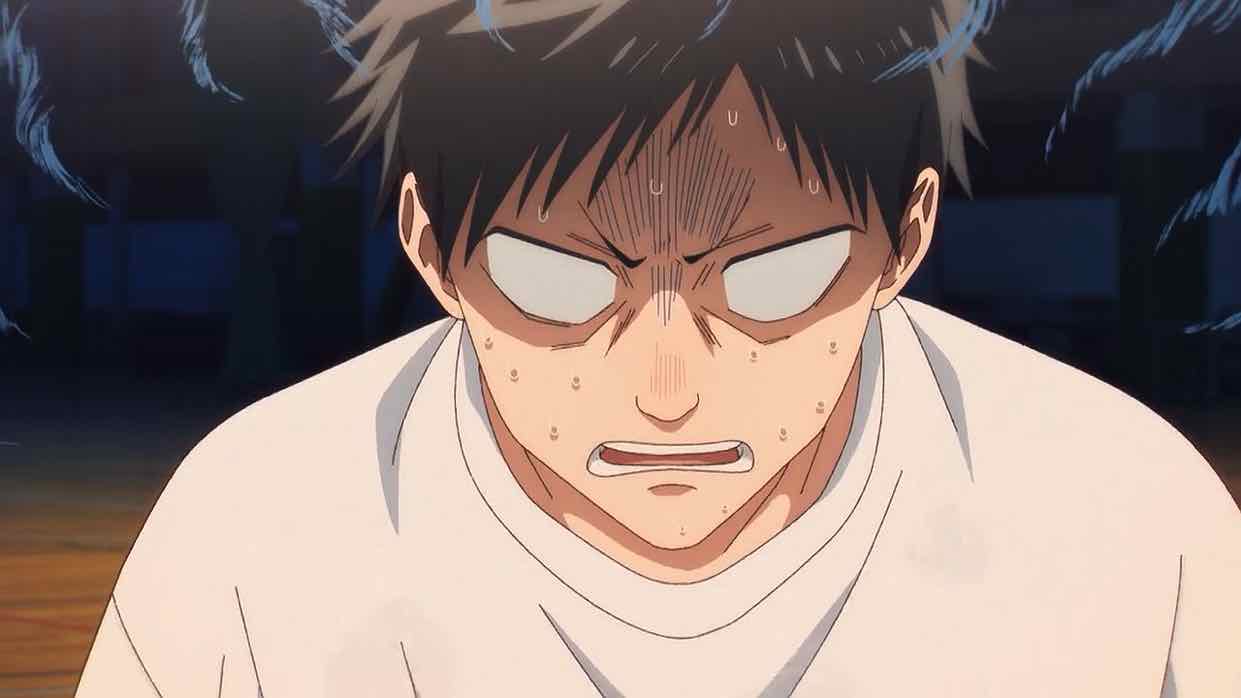
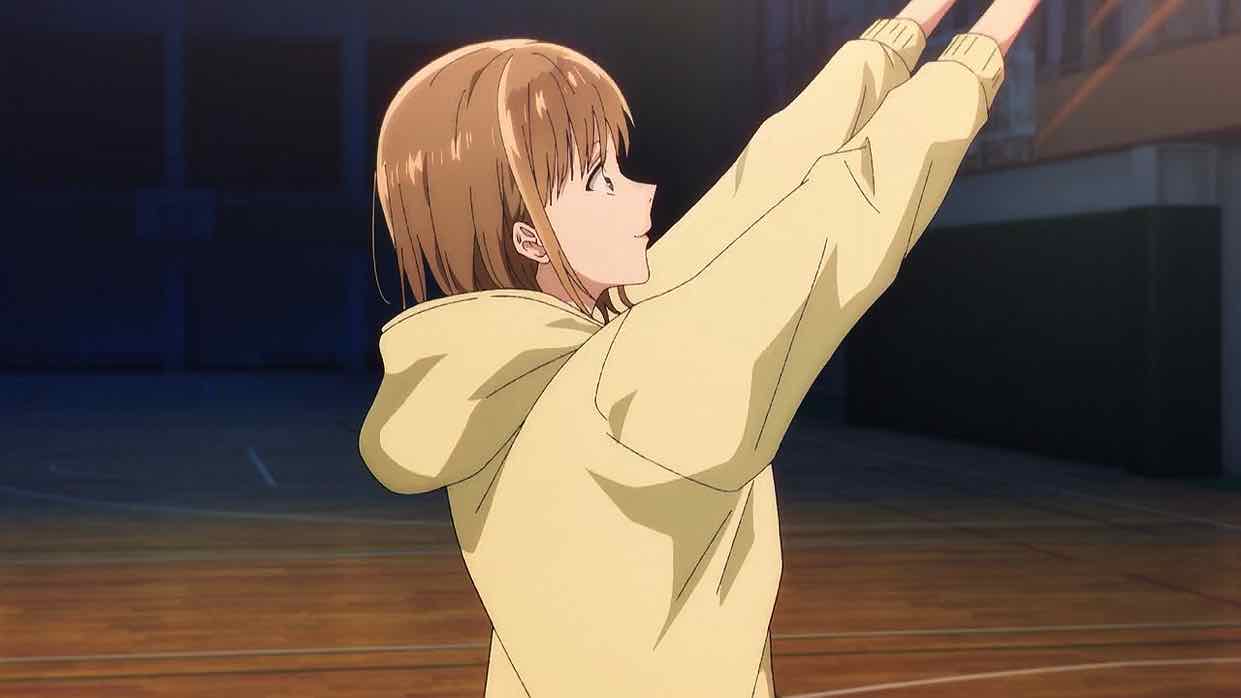
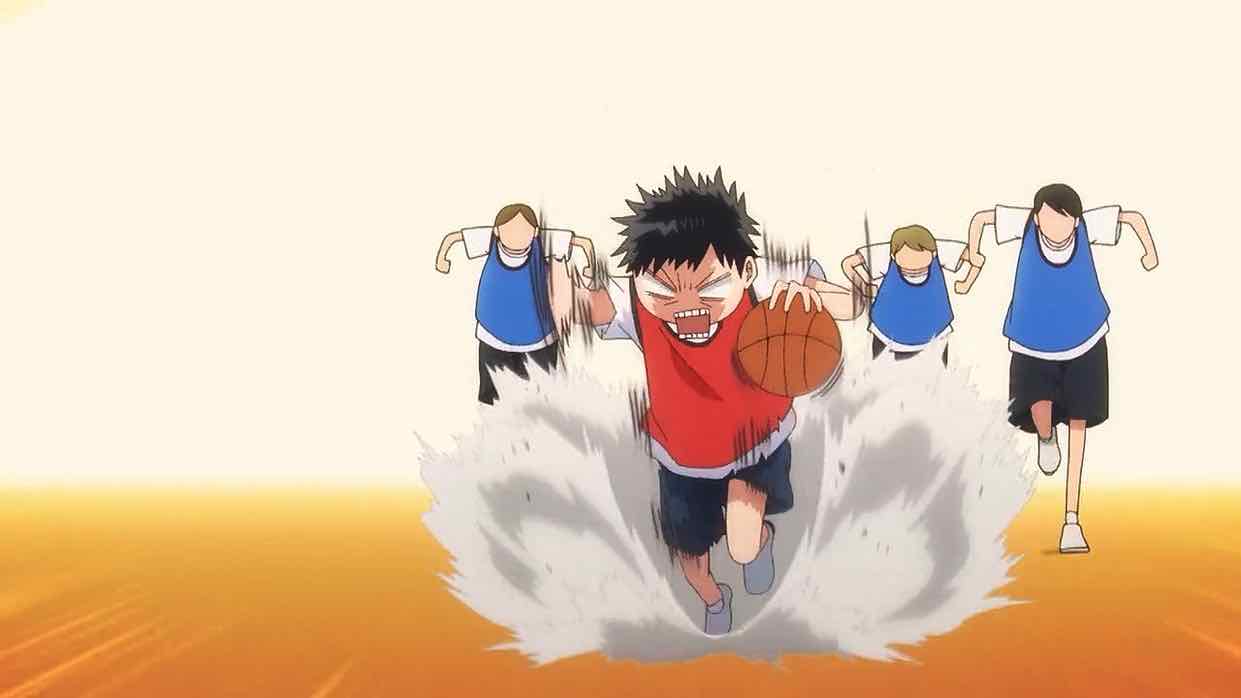
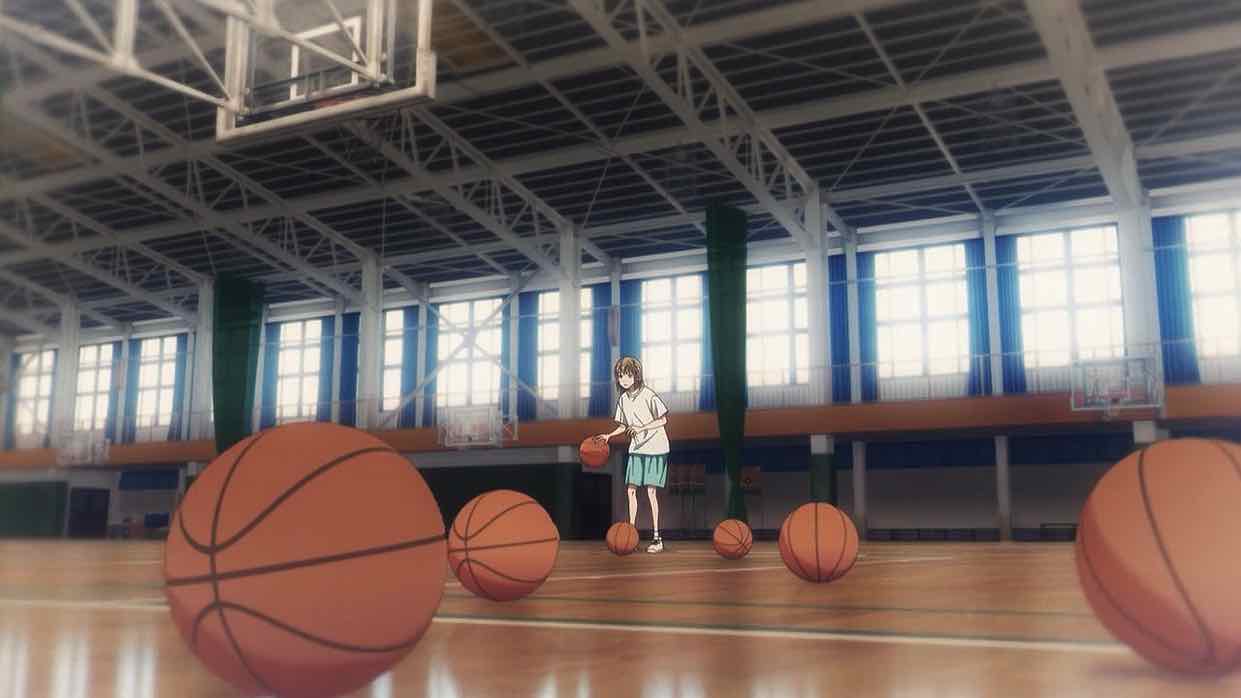
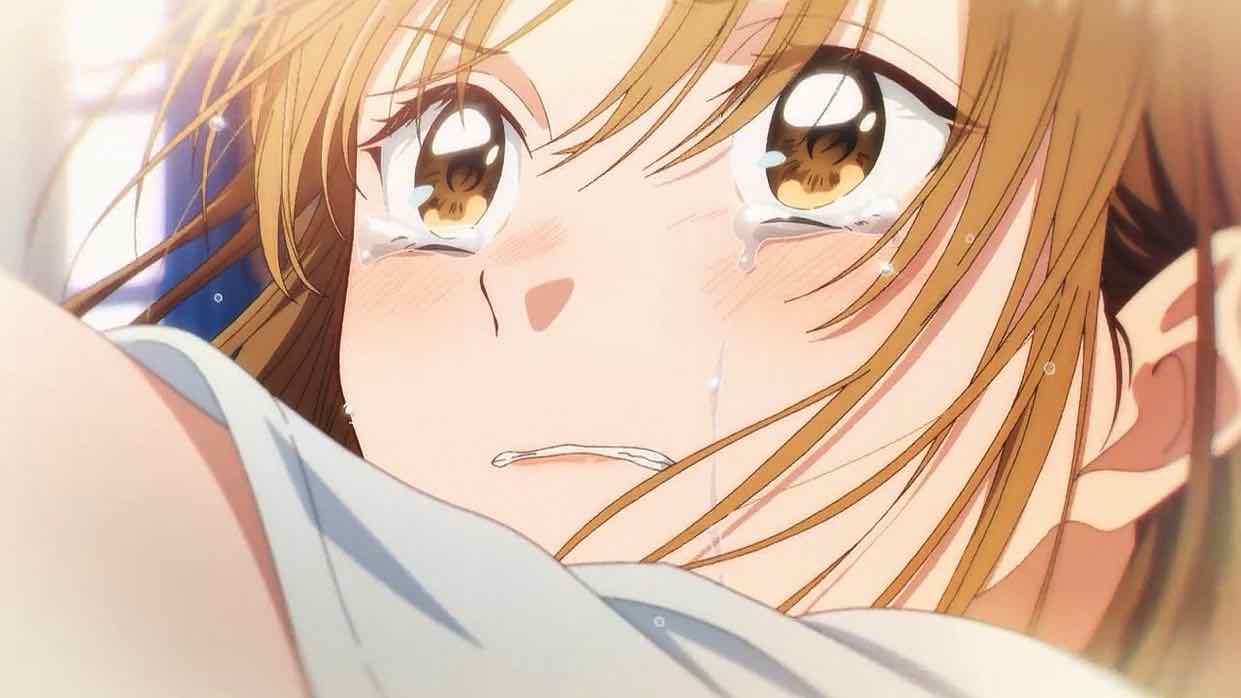
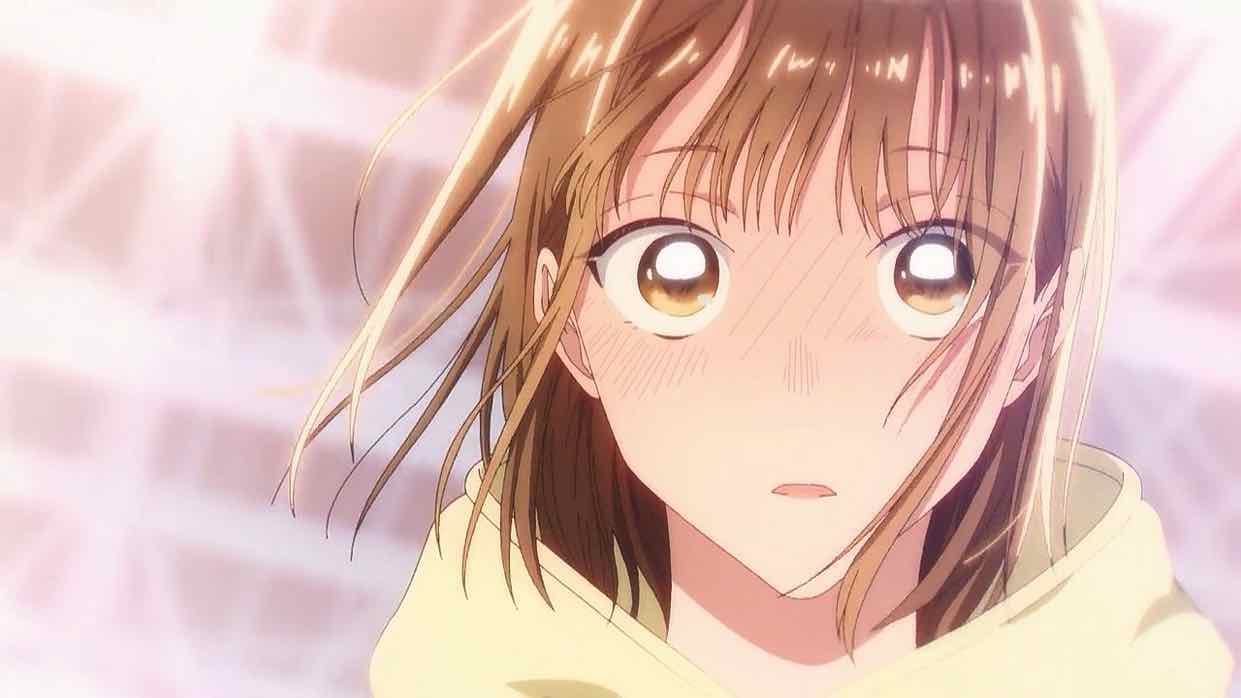
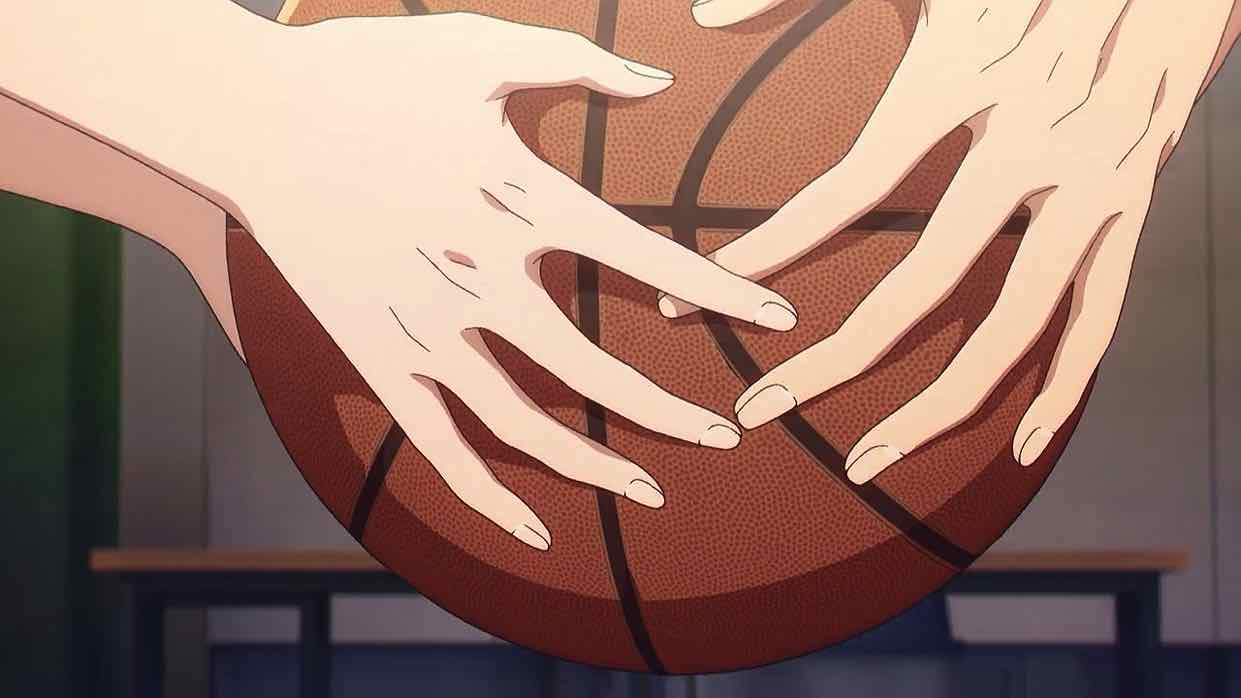
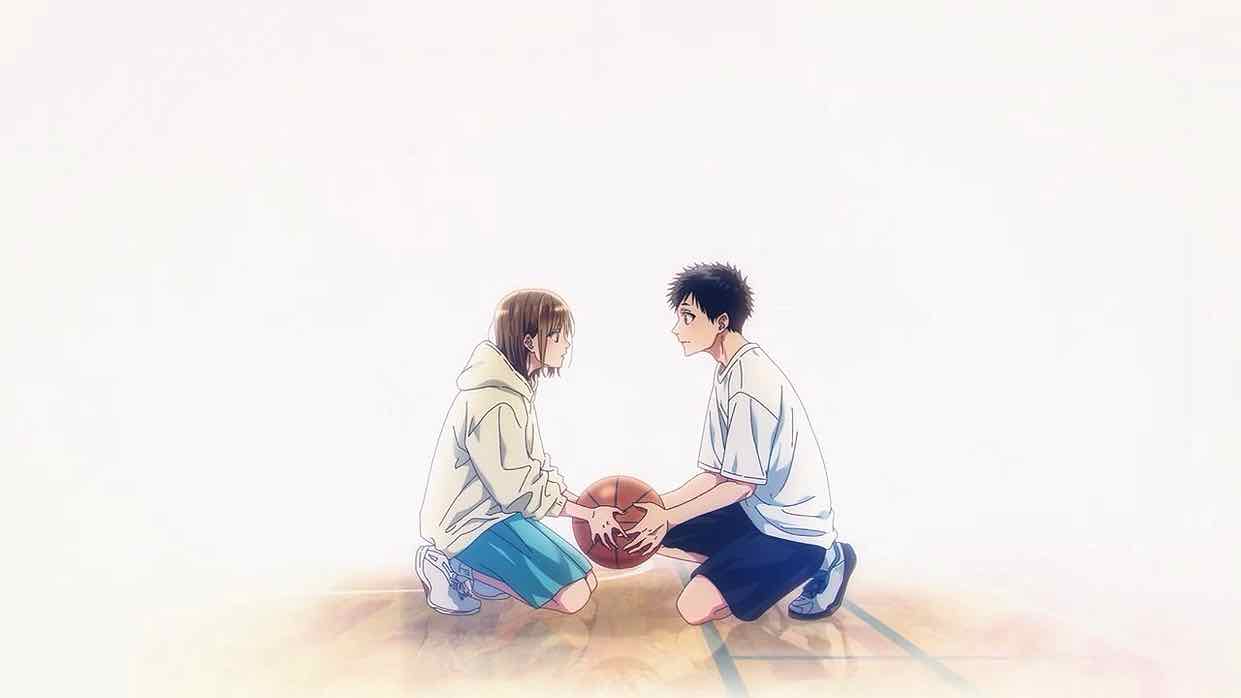
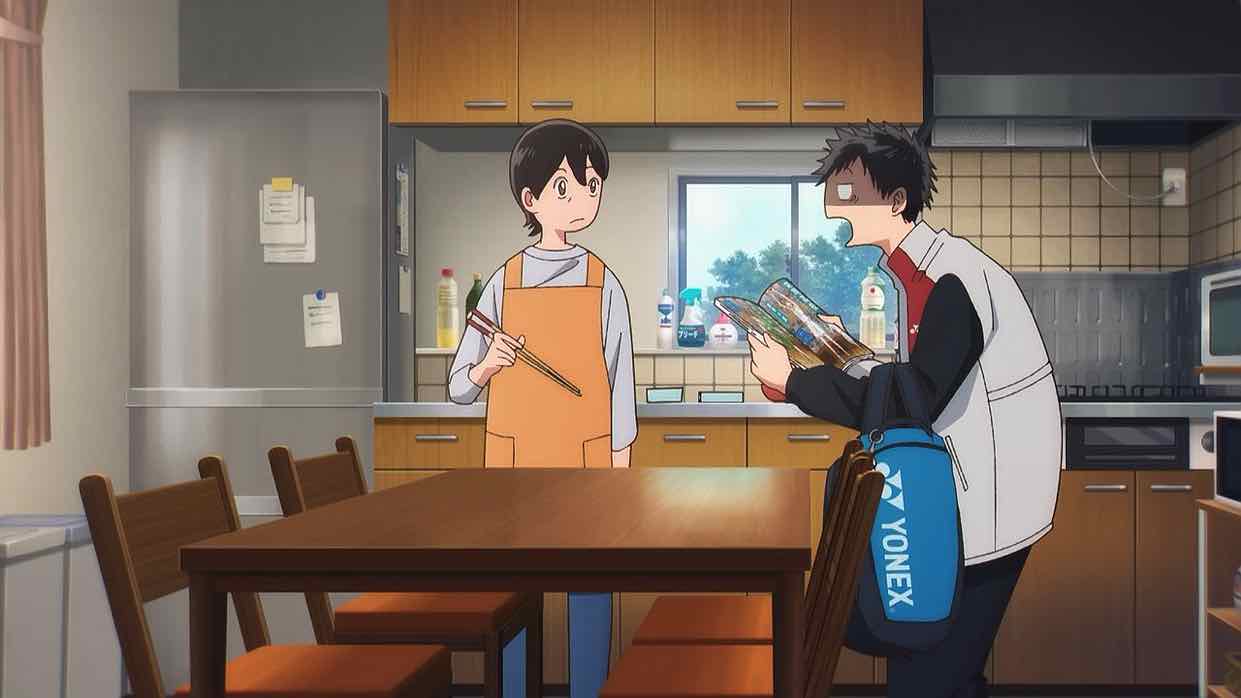
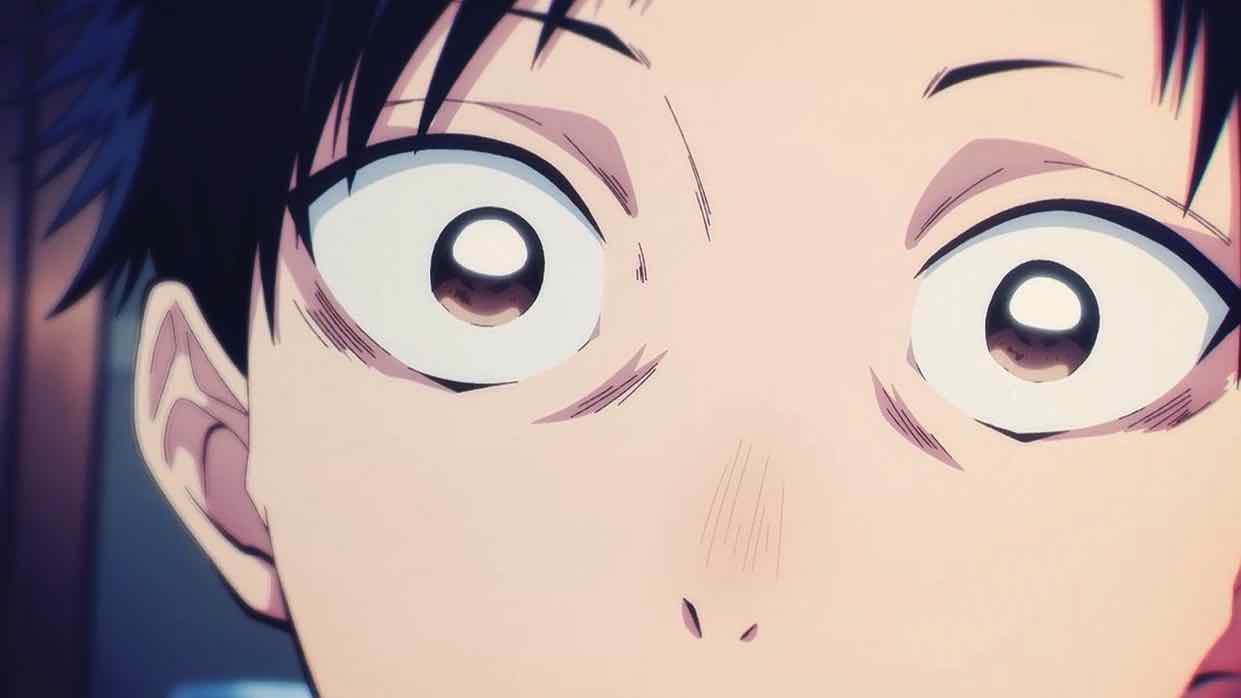
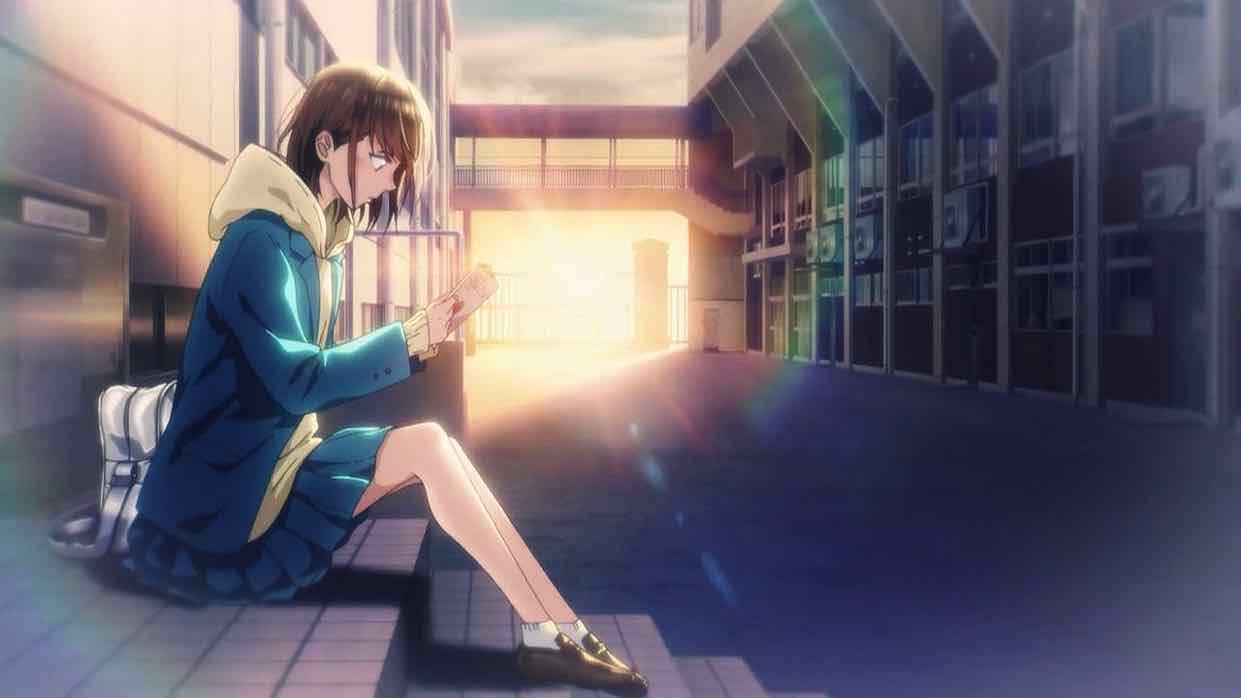
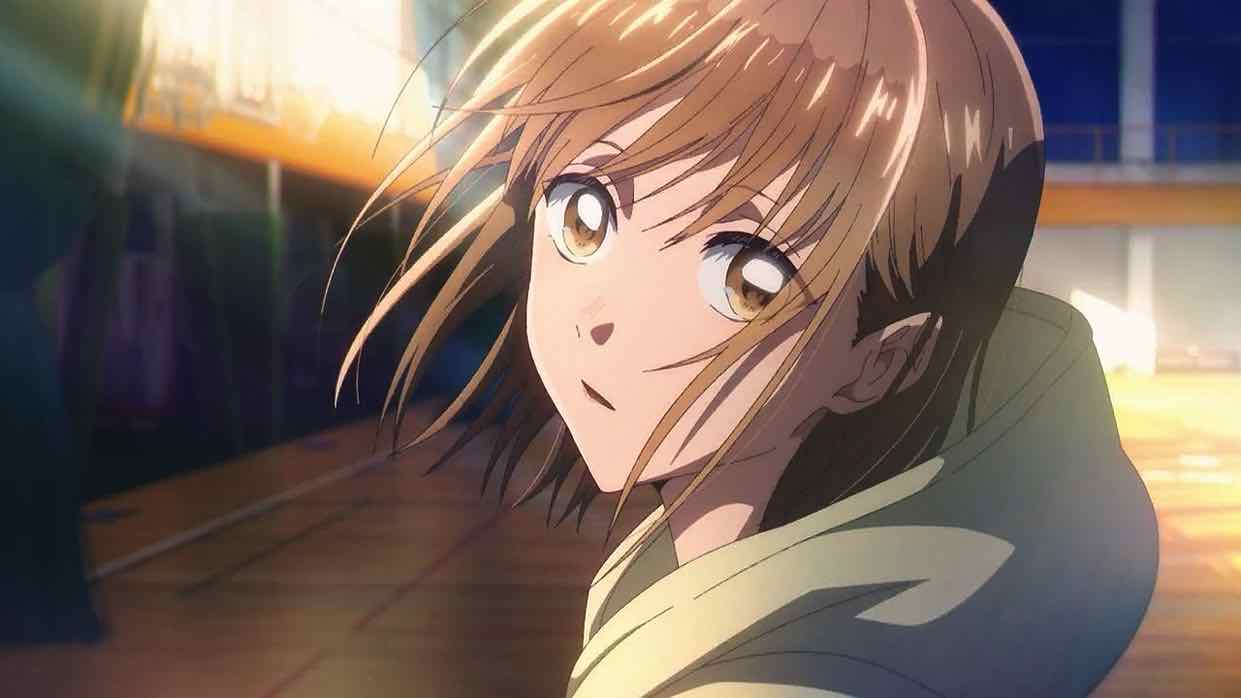
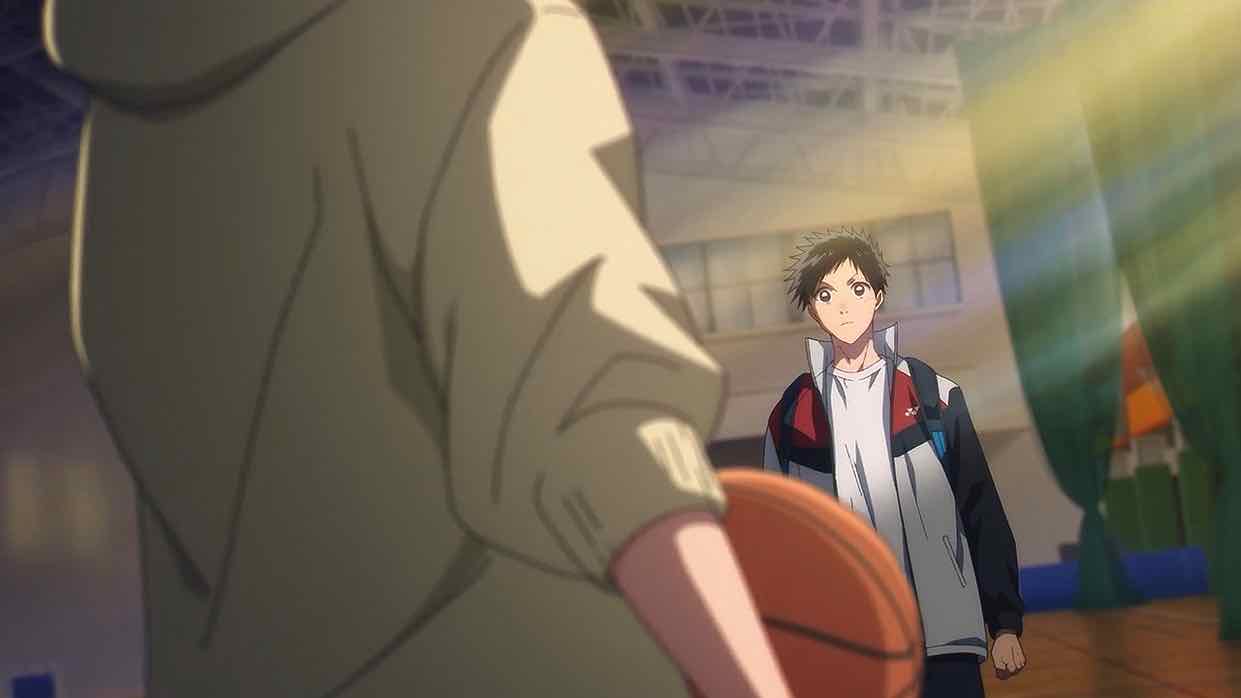
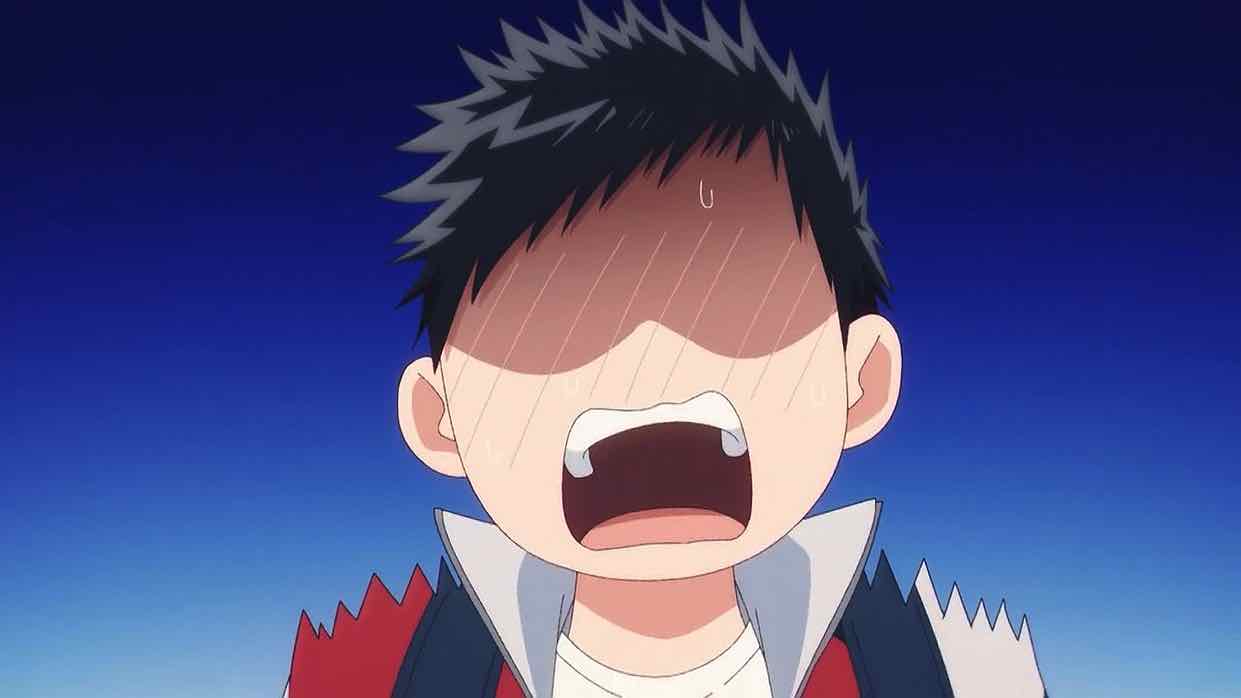
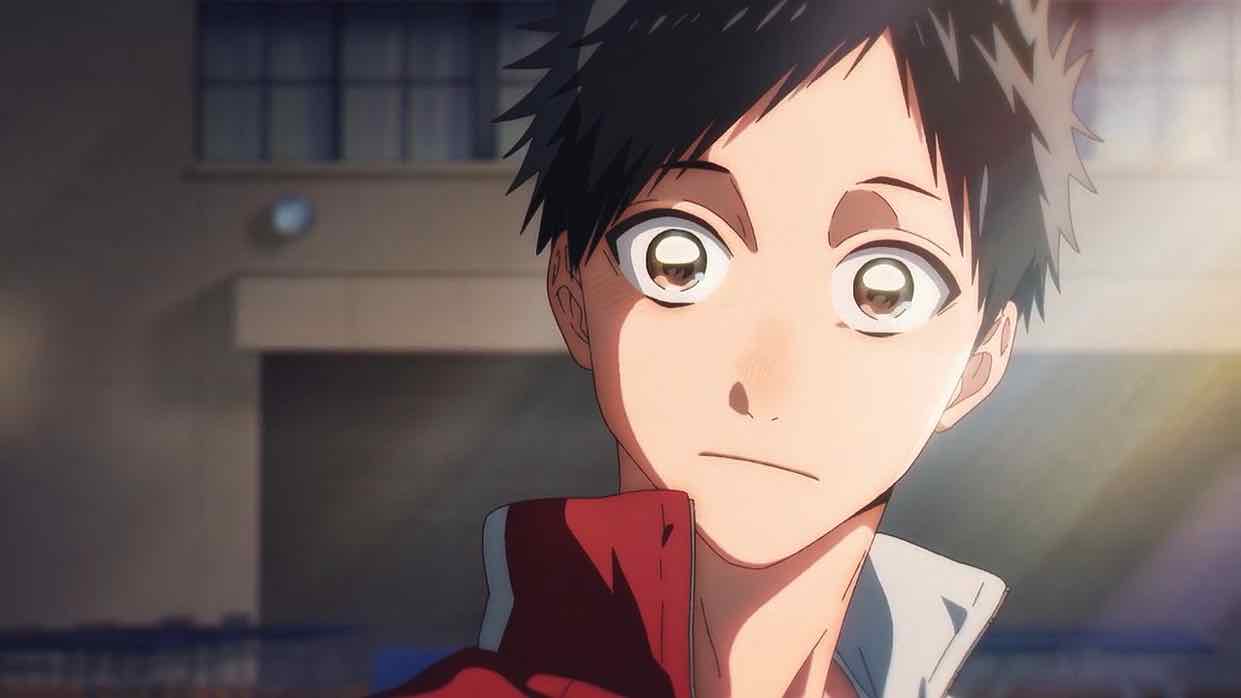
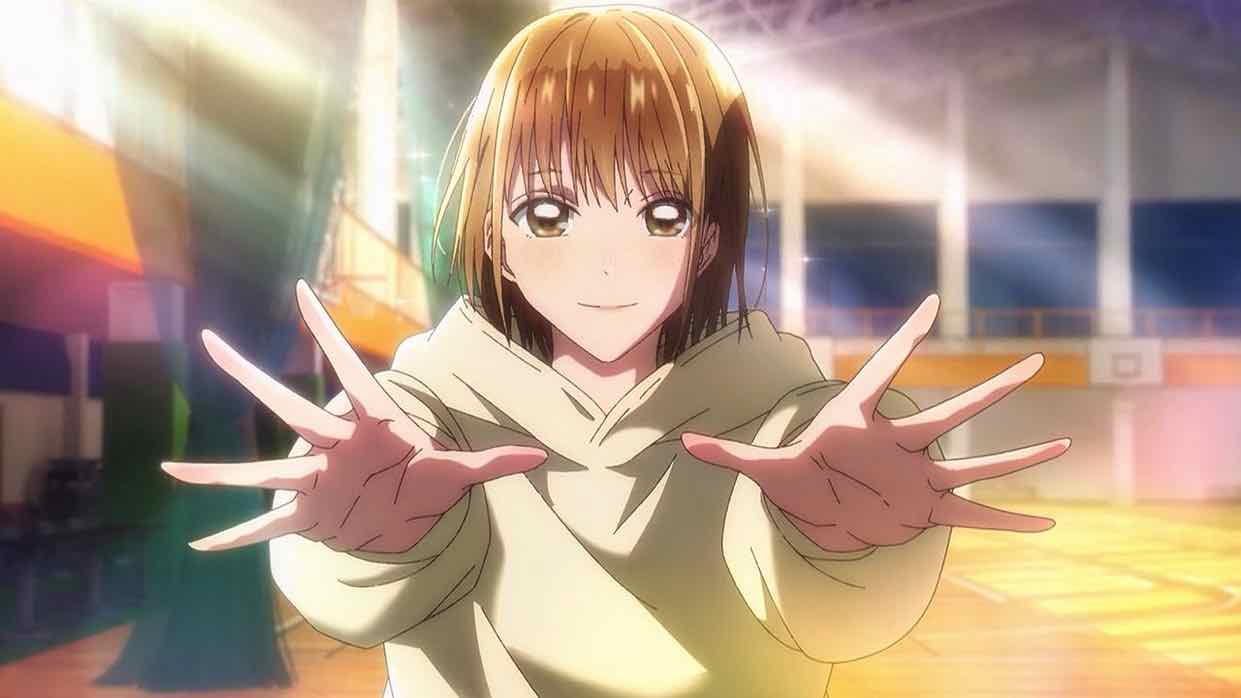
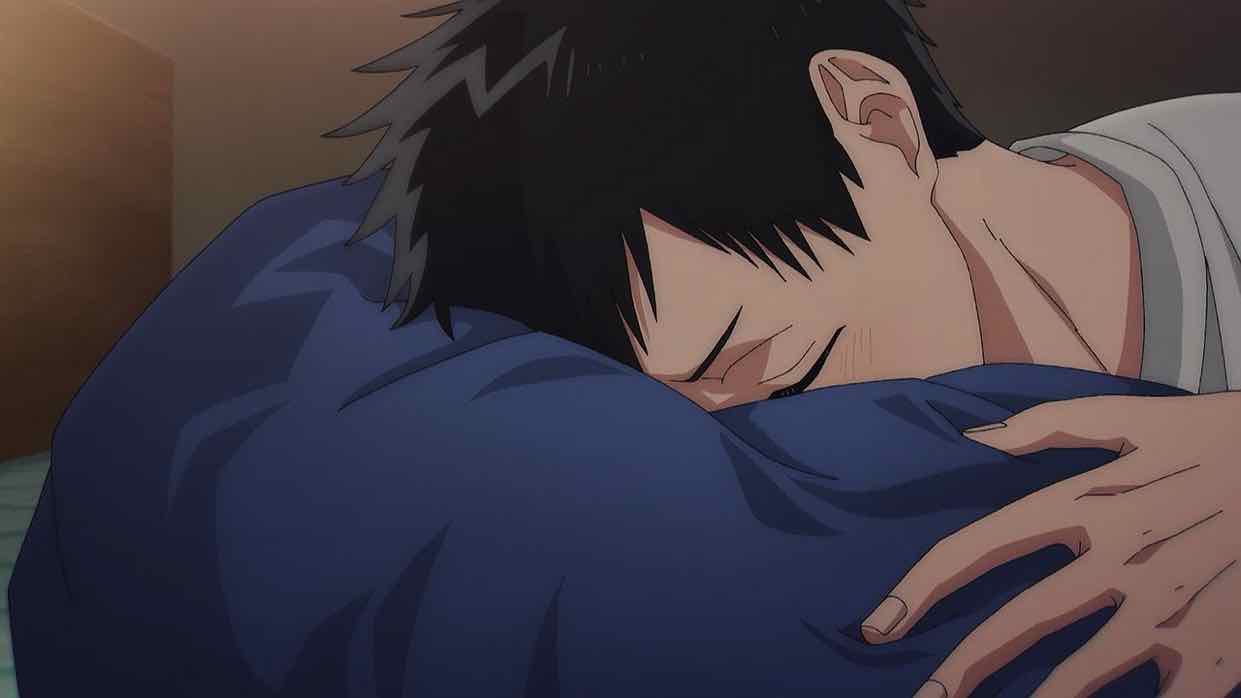
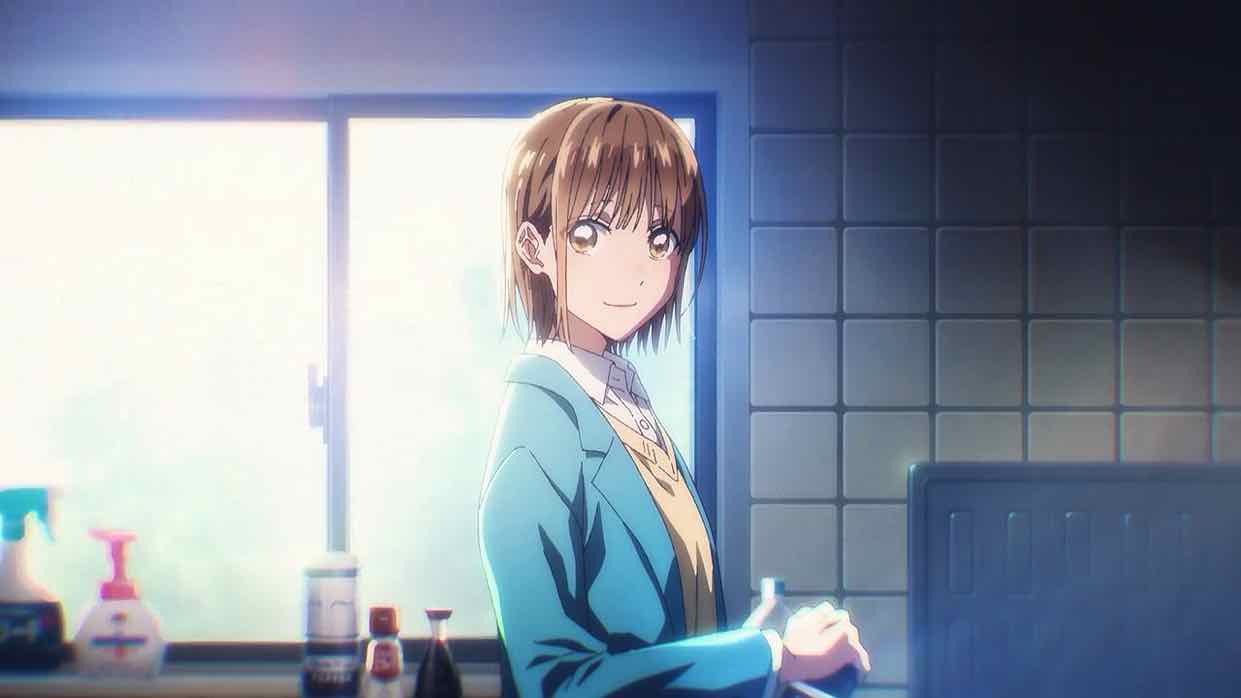
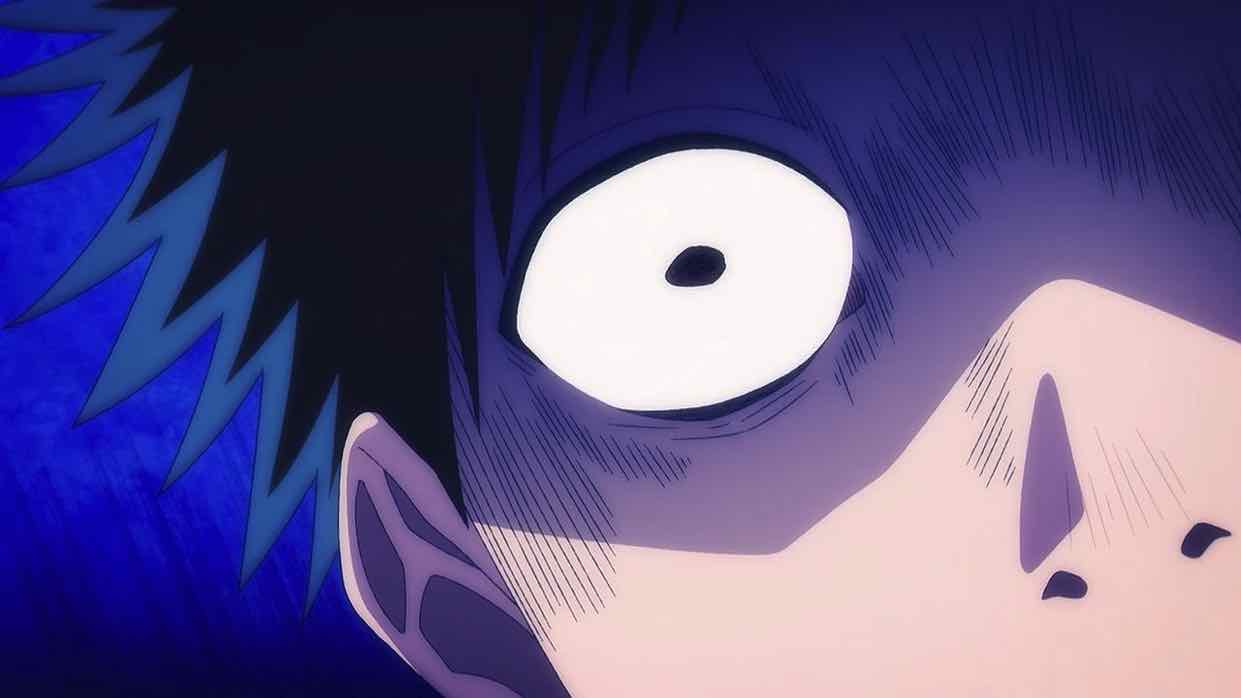
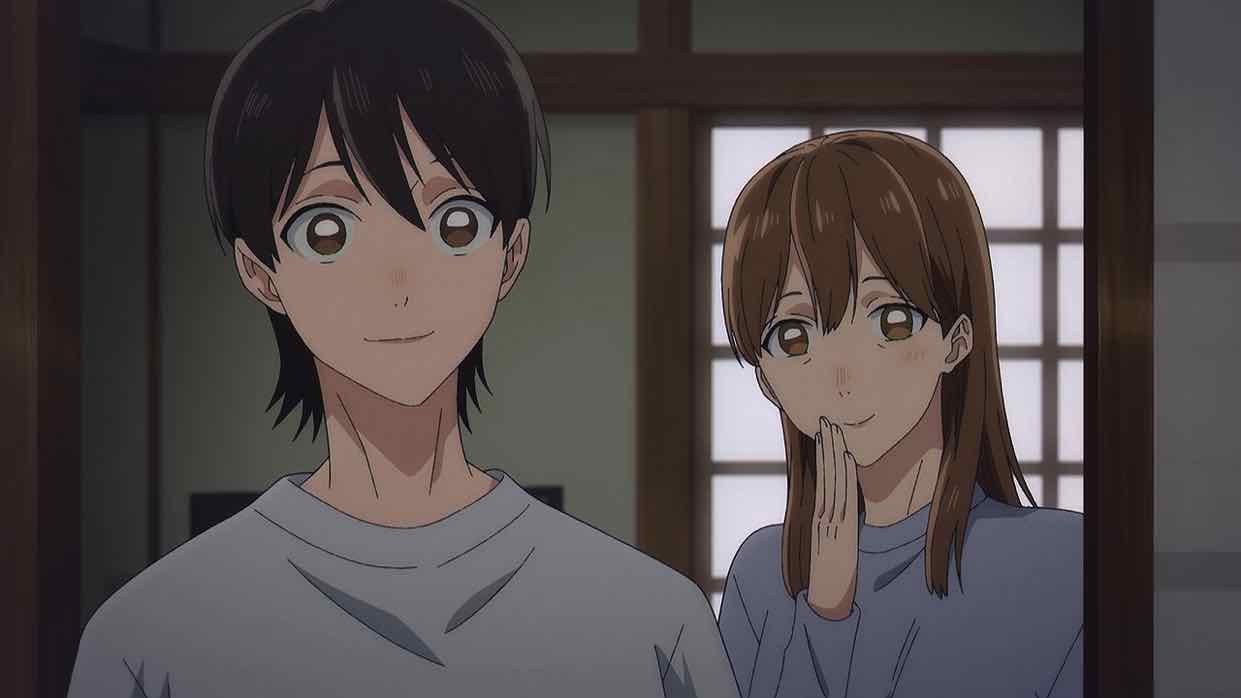
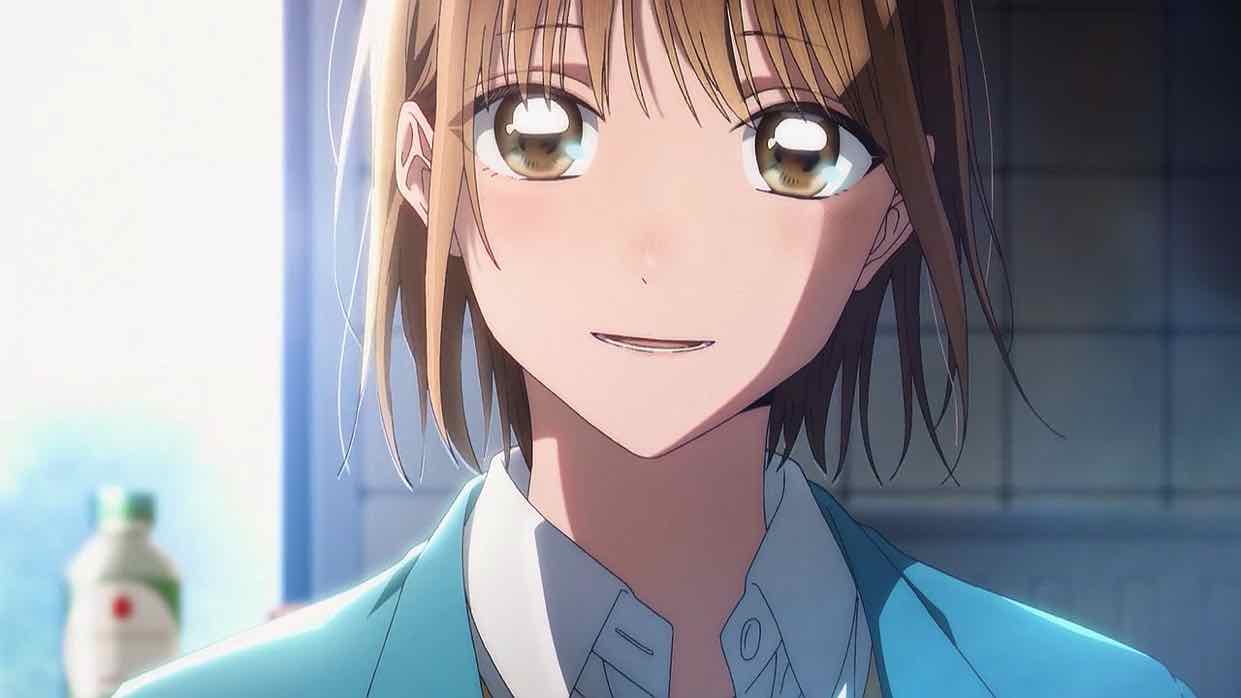
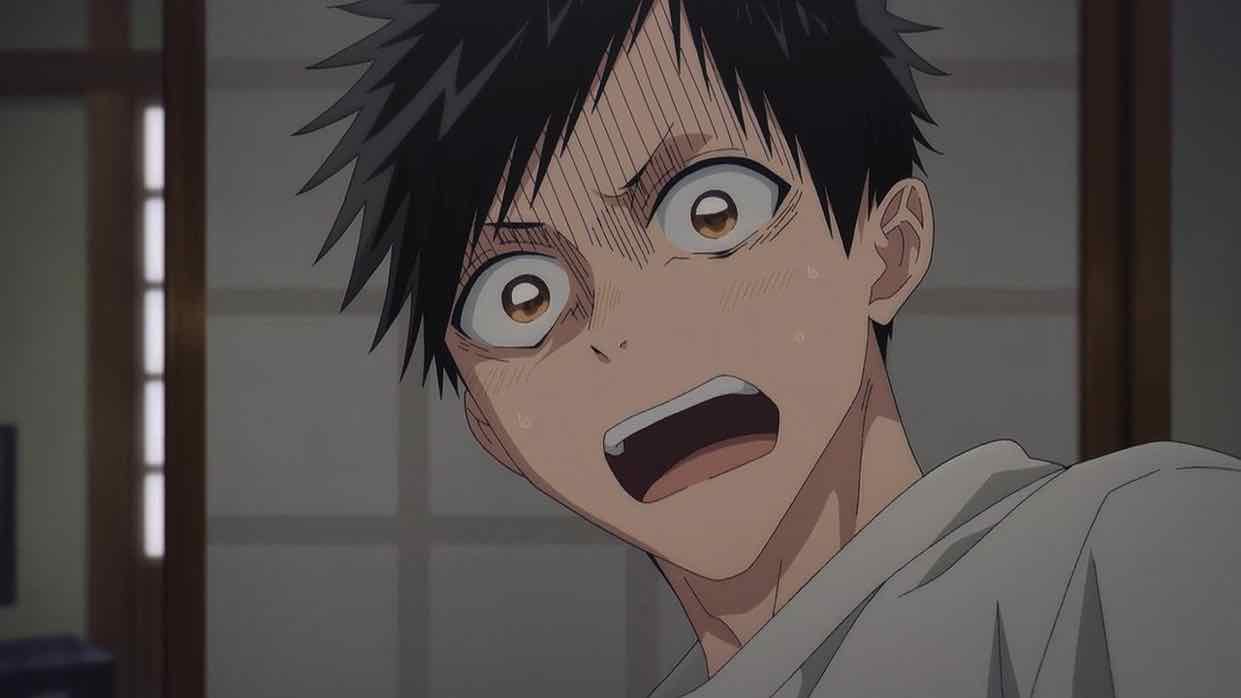


Joshua
October 5, 2024 at 6:33 amSorry, I just can’t with this lol. Even despite being unlike other WSJ series recently, it’s also the kind of four-quadrant series (romance and sports to get both the girls and boys and high school nostalgia factoring in for the adults) that just feels so unappealing to me. Taiki and Chinatsu are the nicest people you’ve ever seen and they’re childhood friends, and even their moms are friends too, and they’re both playing sports and they even get to stay with each other in one of their houses because of that connection lmao. But of course, that romance has to be so harmless, innocent and relentlessly wholesome, that it’s why this four-quadrant series aimed at the widest possible audience (in the same vein as other four-quadrants like Demon Slayer) was able to become so popular (with the sports aspect practically being an afterthought since their only motivation to hook up is to win their respective regionals). At least I got an idea of a hook/conflict from other likewise “grounded” series like Hoshiai no Sora or well, Adachi’s work.
Also, I really don’t this trend of shows being so over-composited to look “film-like” or expensive. It’s just so overdone.
This is also probably the biggest L that Crunchyroll has had this season too, because they lost what is potentially going to be the biggest, most popular show of the season (outside of Dandadan which they do have) alongside Ranma and Orb.
Simone
October 6, 2024 at 4:27 pmYeah, Blue Box definitely falls squarely in the “inoffensive” bin. Might be an okay watch but it’s as deep as a puddle. Even the show about alien robodick-biting ghosts this season has a take on romance with more edge. There’s some pretty sweet stuff later in the manga but overall it’s just cute fluff.
Guardian Enzo
October 6, 2024 at 4:34 pmI would disagree to a point. I think the relationship between Chinatsu and Taiki is actually pretty complicated and nuanced, and develops at a very realistic pace.
Simone
October 7, 2024 at 2:43 amFair, I agree it is psychologically realistic (for a couple of very lucky kids who found an almost perfect match) but the whole thing still exists in an almost conflict-less world overall, so there’s hardly ever any tension or really doubt about where it’s going (which makes some manga stuff all the more frustrating). I am reading it, I don’t hate it, but it’s always one of my last reads in Jump and much of it is a blur to me. Outside of a few standout chapters it just doesn’t feel like it is ever very memorable I guess.
Joshua
October 7, 2024 at 3:13 amIt is after all why I specifically called this a “four-quadrant” series (alongside Kimetsu no Yaiba and can also throw in Yozakura-san as well) similar to the bland blockbuster film slop that are trying to target the widest audience possible to make the most money from them, rather than making something that’s actually compelling and engaging (which is sadly very rare when making blockbusters). A sanded-off, wholesome crowdpleaser without the effort necessary to get there in my opinion.
Guardian Enzo
October 7, 2024 at 7:38 amAgain, disagree to a point. Conflict-less? No – conflicts, but more along the lines of what you’d get in RL than manga. I like that about it but some will find it boring for that reason.
Simone
October 7, 2024 at 1:02 pmI don’t agree, there’s nothing straight up fantastic about it but how many pretty, athletic teenagers find themselves living under the same roof as their pretty, athletic crush who is also into them? Most of the kinds of conflicts that I’d expect in a real teen couple are nowhere to be seen here, they’re both in sync and incredibly mature and responsible to boot. It’s a fantasy, though a lesss raunchy one than the typical “five attractive girls all want to bone this one utterly unremarkable guy” Jump romcom.
Guardian Enzo
October 7, 2024 at 1:33 pmWe’re at the point where if I get into the specifics of why I think you’re mistaken it’d be manga spoilers, so I’ll leave it there.
Nadavu
October 5, 2024 at 4:07 pmI have one problem with the animation: Chinatsu’s legs seem unnaturally thin, even discounting that she’s an athlete. I wish it didn’t bother me, but it does.
Guardian Enzo
October 5, 2024 at 5:33 pmWell, I mean – blame Miura Kouji. She looks exactly the same in the manga.
Pekwa
October 6, 2024 at 8:49 amPeople compared this to Mitsuru Adachi’s works. A perfect mix of romance and sports. Speaking of, where’s my H2 or Touch remake?! We got Rurouni, Ranma and even Yaiba’s getting one!
Guardian Enzo
October 6, 2024 at 9:11 amI’ve been opining for a Touch remake for years. It would make so much sense.